
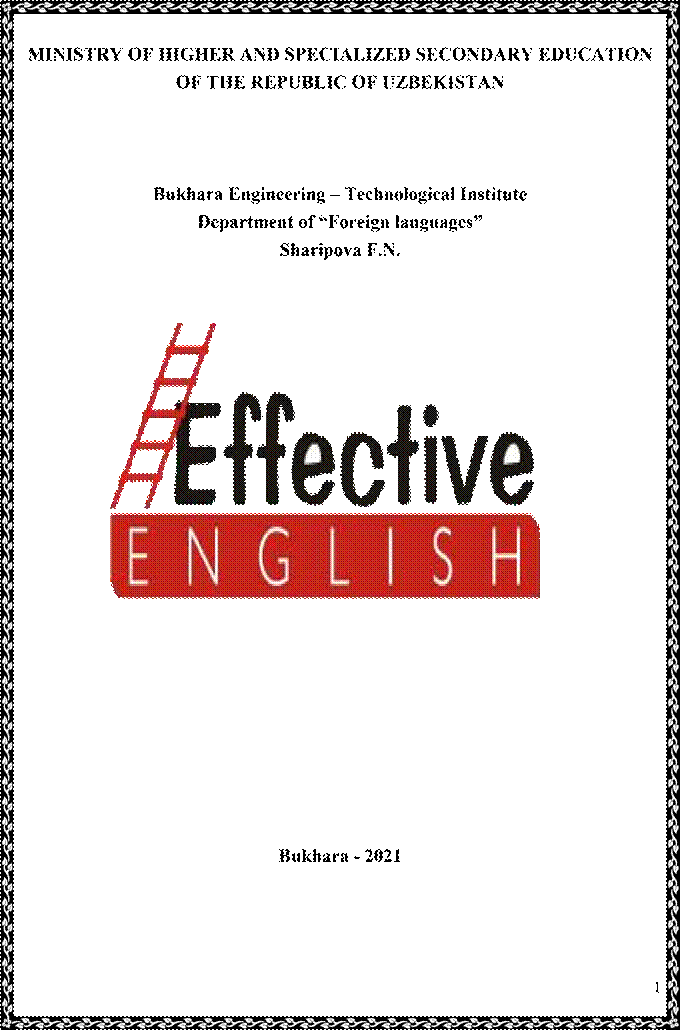
Content
. LESSON 1 ……………………………………………………….3
About myself
LESSON 2………………………………………………………………9
Our University
LESSON 3 …………………………………………………………….15
Physics
LESSON 4………………………………………………………………22
Uzbekistan
LESSON 5 …………………………………………………………27
Michael Faraday
LESSON 6 …………………………………………………………33.
Telescope
LESSON 7 …………………………………………………………40
Machine tools
LESSON 8 ……………………………………………………………..48
Our solar system
LESSON 9 ……………………………………………………………..53
London…
New words………………………………………………………………59
Crosswords……………………………………………………………..69
I. Text: About myself.
II. Phonetics: The English alphabet.
III. Grammar: Sentence order.
IV. Lexics: Word study.
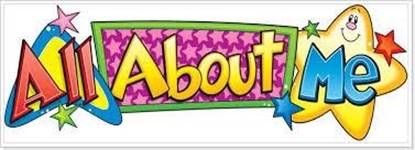
I am a student. My name is Ali. I am nineteen years old. I get up at 7 in the morning. I wash, dress and have my breakfast. After breakfast I go to the University. My lessons begin at half past 8 o’clock. At the lessons I read and write. After lessons I go to my house. I live with my family. Our family is not so large. They are my father, mother, sister and a little brother. My father is a doctor. He works in his private hospital. My mother is a nurse. She works with my father. They have two other helpers. My sister is a teacher. She graduated from our university a year ago and now she works at school. She has married and has a son. My little brother is in ninth form. He wants to be a doctor as our parents. He reads much in order to enter the Institute. I have much work at home. Everyday I help my parents and then do my homework. My hobby is tennis. In my free time I like to play tennis.
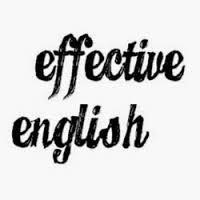 The
new words.
The
new words.
To get up – turmoq To graduate from – tugatmoq
To wash – yuvinmoq (oliy o’q. yurt)
To dress –kiyinmoq A year ago –bir yil avval
Breakfast –nonushta To have married –turmushga
At half past 8 -8 yarim chiqmoq
So – bunchalik, shunday, u qadar As –xuddi, kabi, o’xshash
To work –ishlamoq Parents –ota-ona
Little –kichkina In order to -….. uchun
Private –xususiy To enter –kirmoq
Nurse –hamshira Then –so’ng, keyin
Another –boshqa Free time –bo’sh vaqt
Helper –yordamchi
The English alphabet
|
A[ai] B[bi:] C[si:] D[di:] E[i:] F[ef] G[dЗi:] H[eit ]I[ai] J[dЗei] K[kei] L[el] |
N[en] O[ou] P[pi:] Q[kju] R[ā:] S[es] T[ti:] U[ju:] V[vi:] W[dabl ju:] X[eks] Y[vai] |
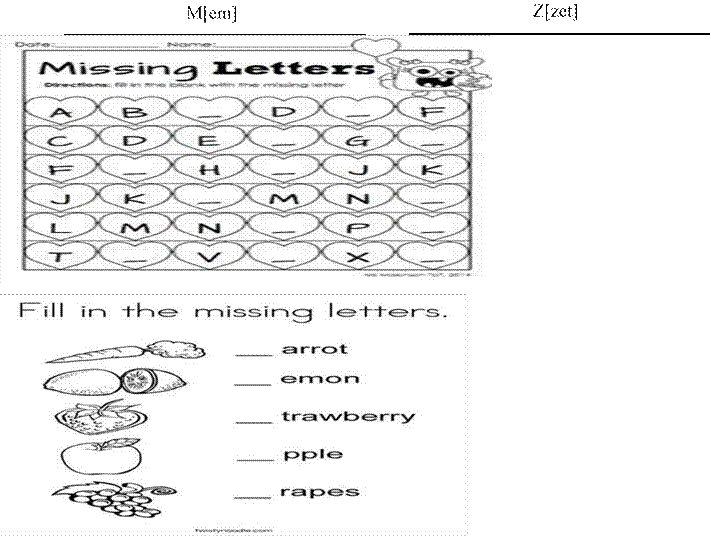
Exercise:1 Spell the words.
Exercise-book, writer, usually, baby, speak, may, standing, letters, English, sister, dictation, nurse ,spell, lesson, read, try,go,box.
Exercise: 2. Read the words and count the letters and phonemes:
Good, now, yes, how, what, trees, morning, Ann, brother, meet, these, benches, gymnastic, dish, tell.
Exercise: 3 Translate the sentence:
1) I am a student. 2) We go to school. 3) The teacher speaks English. 4) This is a book. 5) She is a doctor. 6) We see a new flat. 7) Pupils have many books.8) A man meets his friend.
Exercise: 4. Translate the sentences.
1) Look at the blackboard. 2) Open your book please. 3) Close the door. 4) Put the cup. 5) Read the note. 6) Write a sentence.
Exercise: 5. Make up sentences by putting in the sentence order.
1) It, take, please. 2) Go, they, to, school. 3) Live, we, Samarqand, in.
4) Up, Stand, please. 5) Go, please, home. 6) Book, this, take.
7) Write, I, book, my. 8) Write, book, my.
Exercise: 6. Write the words after the teacher’s spelling.
b-a-g, g-o-o-d, E-n-g-l-i-s-h, m-o-r-n-i-n-g, h-a-v-e, h-o-u-s-e, m-a-n.
Exercise: 7. Translate the sentences according to “It is …”
1)It is a book. 2) It is a lamp. 3) It is a yellow cap. 4) It is a red tie. 5) Is it a bag?
6) Is it a pencil? 7) Is it a map? 8) Is it your letter?
Exercise: 8 Answer the following questions
1.How many students are there in our college ?
2.How many terms are there in each year?
6.What is the definite article?
7.What is the indefinite article? 8.What is the English for “Hamshira”?
Exercise: 9 fill the blank
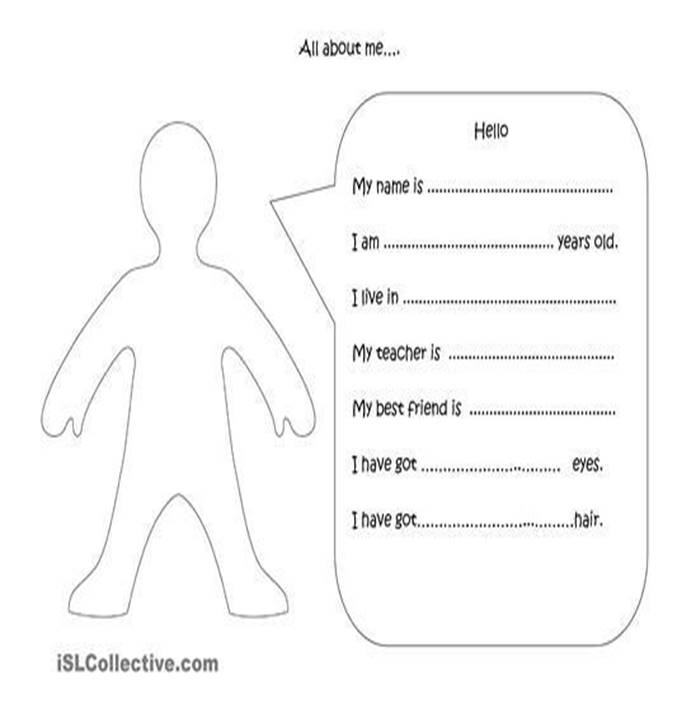
Exercise: 10 fill the blank
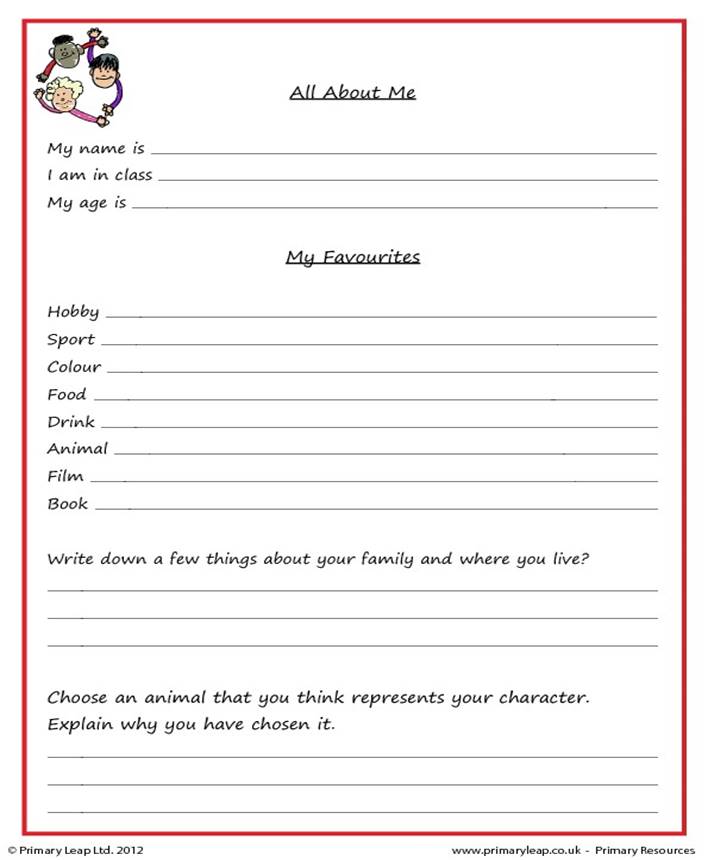
I. Text: Students of our University.
II. Phonetics: Reading of vowels for the 1st and 2nd type of syllable.
III. Grammar: Article.
IV. Lexics: Word study.
Students are very happy people because they are always busy with their study. There are about four thousand students in our University. They study in different faculties. They are divided into full-time university students and part-time students. University teaching combines lectures given by professors, readers, or lecturers, practical classes and small group teaching in seminars or tutorials. Students have two terms of about 14 weeks in each year. They have scores and the examinations are held at the end of each term. In the 3rd and 4th courses students spend their several weeks at schools on teaching practice. They learn the use of different ways of teaching. After graduating from our University some students want to continue their studying. They stay to take degree of master. The study system is the same with the degree of Bachelor one. Our University has many lecture halls, classrooms and number of laboratories. They all are comfortable. A big hall of residence is used by students. They live there friendly. There are many little libraries in each faculty and besides this; there is a large university library. There are many scientific books and literatures there. Students spend a lot of time together friendly.
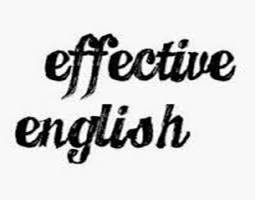 The
new words
The
new words
To be busy – band bo’lmoq
Different – turli xil
To divide – bo’linmoq Full-time students – kunduzgi bo’lim
Part-time student – sirtqi bo’lim talabasi
To combine – to’planmoq
Practical classes – amaliy mashg’ulotlar
Tutorial – yakka tartibdagi
darslar
Term – smestr
Course – kurs
Several - bir necha
Score – ball
To learn – o’rganmoq
To use – foydalanmoq
To continue – davom ettirmoq Degree of Master – magstrlik
darajasi
Degree of Bachelor – bakalavrlik darajasi
The same – xuddi
Lecture halls – ma’ruza zallari
Comfortable – qulay
Hall of residence – yotoqxona
Library – kutubxona
Scientific – ilmiy
Literature – adabiyot
To spend – sarflamoq
Together –birgalikda
Exercise:1. Find the word combinations from the text.
1. turli xil fakultetlarda.
2. bir necha hafta maktabda
3. seminarlarda va yakka tartibda
4. ko’p kichik kutubxonalar
5. sirtqi bo’lim talabalari
6. magistrlik darajasini olmoq
Exercise: 2. Read the words.
1. bag, black, Ann, man, make, pane, same, came.
2. pen, hen, let, bed, me, be, Pete, he.
3. sit, his, is, ill, pine, tie, nine, time.
4. not, hot, lock, spot, no, open, sofa, note.
5. but, nut, sun, duck, tune, due, cube, student.
6. myth, my.
Exercise: 3 Read and explain the reading of vowels.
Cup, cube, wink, wine, wave, sell, actor, wig, rung, pet, lot, lie, bone, mine, mane, visit, wife, flat, pupil, she, black, go.
Exercise: 4 Put the articles.
1) Tom is ... good boy. 2) This is …. exercise- book. It is …white exercise- book. 3) I am …. doctor. I’m at ….. home now. This is my
…. room. …. room is large and clean. 4) Please open that book at … page two and read …. text 6. 6) This is … text. … text is long.
Exercise: 5. Put in the articles “a”, “an” or “the”.
I. a) This house is very nice. Has it got … garden?
b) It’s a beautiful day. Let’s sit in … garden.
c) I like living in this house but it’s a pity that … garden is so small.
II. a) Can you recommend … good restaurant.
b) We had dinner in … most expensive restaurant in town.
III. a) There isn’t … airport near us.
b) Excuse me, can you tell me how to get to … airport?
Exercise: 6. Translate the text paying attention to the articles.
Men studentman. Men ko’p kitob o’qiyman. Men o’qigan kitoblar fizika fani to’g’risida. Men kitoblarni do’stlarimdan yoki kutubxonadan olaman. Fizika kitoblari men uchun juda qiziqarli.
Exercise: 7. Translate into Uzbek.
1) There is a blackboard in our classroom.
2) There are English books on the table.
3) There is an apple on the plate.
4) There is a pen, a pencil, a note-book in my bag.
5) Are there phones in that room?
6) Is there an interesting story in this book?
Exercise: 8. Translate into English.
1) Stol ustida ko’p kitoblar bor. 2) Fizikada qonunlar bor.
3) Bizning universitetda ikkita kutubxona bor.
4) Sumkamda bitta ruchka bor. Uni ol.
5) Xonada lampa,stollar,stullar bor.
6) Bolaning qo’lida o’yinchoq bor. 7) Idishda sut bor.
8) Tokchada gullar bor.
Exercise:9. Spelling dictation.
Nina
Nina is five. She has a father and a mother. Nina has no sister, she has a brother. Her brother lives in Tashkent. He is a student. In summer he comes to see his parents. Nina is glad to see her brother.
Exercise:10 answer the following questions
1. Are friends more important than family? What do you think?
2. Are your parents strict?
3. Did you ever meet any of your great grandparents?
4. Do you get along well with your family?
5. Do you have any brothers or sisters? If so, how old are they?
6. Do you look more like your mother or your father?
7. Do you often argue with your mother or father? What about?
8. Do you often visit your grandparents?
9. Do you think people should adopt children from other countries?
10. Do your parents let you stay out late?
Exercise:11
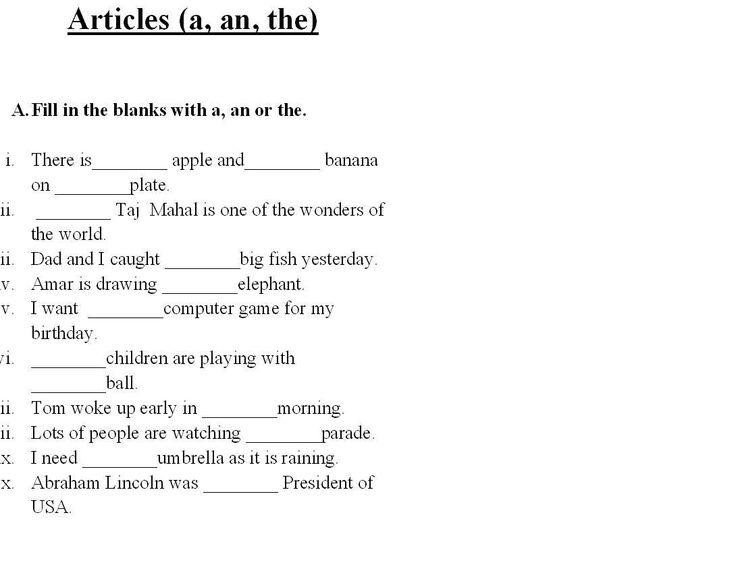
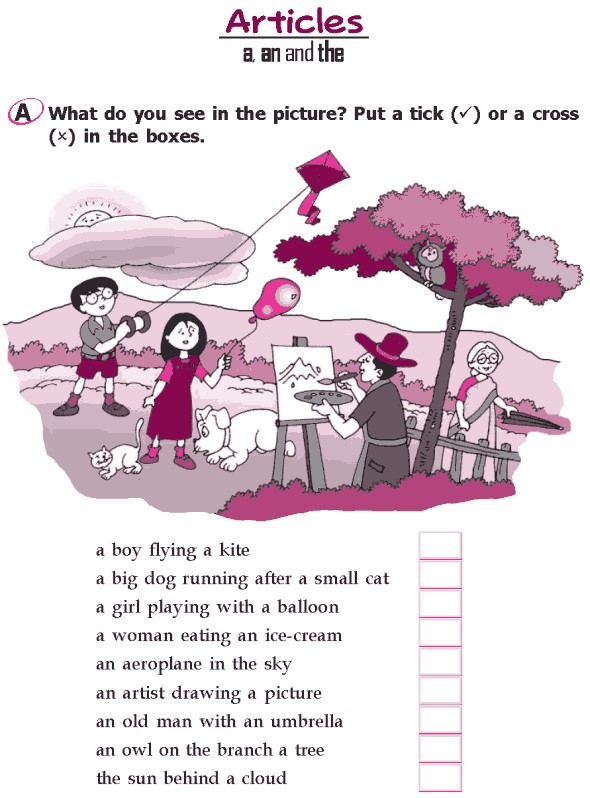
I. Text. Physics.
II. Phonetics. Reading of vowels in the 3rd and 4th type of syllables.
III. Grammar. Plural form of nouns. Preposition.
IV. Lexics. Word study.
Physics.
Physics is the science studying various phenomena in nature. Its object is to determine exact relations between physical phenomena. Physics is divided very naturally into two great branches, experimental and theoretical physics. The task of the former is to make observations and carry out experiments on the basis of the experimental facts. Theoretical physics is to formulate laws and predict the behavior of natural phenomena. Every law is based on experiments; therefore it is important that experiments be done very accurately. It was the study of natural phenomena that made it possible to formulate various laws. There are still a lot of problems to be solved. Scientists all over the world are doing their best to find answers to numerous yet unknown phenomena.
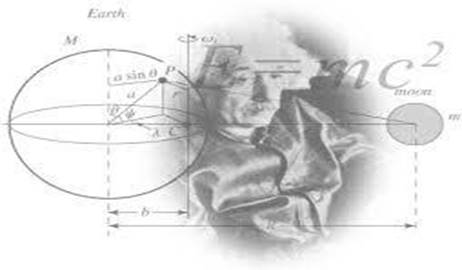
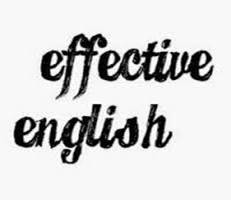
The new words.
Various – turli xil
Phenomena – ko’rinish, ajoyib ko’rinish
Nature – tabiat
To determine – aniqlashtirmoq
Exact – aniq
Relation –aloqa, qarindosh
Task – vazifa
Observation – kuzatish
To carry out – o’tkazmoq
Toformulate– formulalashtirmoq
Predict – oldindan aytmoq
Behavior – rejim, bir xildalik
Therefore – shuning uchun
Important – muxim
To solve – xal qilmoq
Scientist – olim
Yet – xali
Exercise: 1.Read the words.
1) car, park, care, fare.
2) for, horse, more, score
3) her, term, here, mere
4) bird, first, fire, tired 5) myrtle, byre, gyre.
6) fur, burn, pure cure.
Exercise: 2. Write after spelling.
Land, lamp, fact, space, made, gave, state, came, same, park, card, care, stare, got, job, spot, stop, note, role, whole, force, form, more, store, best, rest, mete, term, here, such, much, mute, cube, turn, burn, cure, pure, rich, time, wine, first, bird, fire, wire.
Exercise: 3. Put the prepositions “with, from, in, on, into, at, to” 1) Please take the book … the table.
2) Put your book … your bag.
3) The black pen is … the exercise book and the brown pen is … that book.
4) My friend is … hospital.
5) Take this cup and fill it …water.
6) The teacher is … the table.
7) Come home … 5 o’clock.
8) Go … the blackboard.
Exercise: 4. Make up sentence using the prepositions “out of, from, by, on, at, into”
Exercise: 5. Translate into English.
1) Ko’chada biz studentlarni ko’ryapmiz.
2) Oshxonada ko’p stollar bor.
3) Men universitetga har kuni boraman.
4) Student ingliz tilini kitobdan o’rganadi. 5) U yerga men ertalab boraman.
6) Kembrijda men fizikani yaxshi o’qidim.
7) U laboratoriyada ko’p ishlaydi.
8) Do’stim kanikulni ota-onasi bilan birga o’tkazadi.
Exercise: 6. Make plural form of nouns.
a glass, a bench, a dish, a dress, a baby, a lady, a tie, a city, a day, an army, a bed, a test, a bag, a match, a page.
Exercise: 7. Complete the sentences with the following nouns: “day, letter, photograph, language, air, country”.
1) I have my camera but I don’t take ….
2) There are … in a week.
3) I am not very good at writing …
4) I am ill. I need some fresh …
5) Do you speak any foreign ….
6) Jane travels a lot, she has been to many….
Exercise: 8. Translate the sentences:
1) I think you have much time to read.
2) I think they go home.
3) I think you are right.
4) I think Olim is ill.
5) I think she is absent.
6) I think every body come in time.
Exercise: 9. Translate into English.
1) O’ylashimcha bu yaxshi kino.
2) Yaxshi so’zlarni yod olgansiz deb o’ylayman.
3) Fikrimcha ular noxaq.
4) Meni o’ylashimcha bu matn juda qiyin.
5) Siz fizika qonunlarini yaxshi bilasiz deb o’ylayman.
6) Manimcha , ular bugun keladilar.
Exercise: 10.Make up the dialogue.
1. In the street. (Hello, I am fine, I come from Toshkent, Yes ,OK)
2. At home .(Hi, I come , of course, help, thank you.)
3. During the lesson (Do you…, I have much…, OK ,I do.) Exercise: 11 answer the following questions
1. About how much money do you spend on clothes a year?
2. Do you like shopping for new clothes?
3. Do you often buy new clothes?
4. Do you sometimes wear a hat?
5. Do you think it is important to wear fashionable clothes?
6. Do you wear jewellery?
7. Do you wear the same colour clothes now that you wore ten years ago?
8. Do you think people feel different when they wear different clothes?
9. Have you ever made your own clothes?
10. What are some of the strangest fashions you have seen?
Exercise: 12
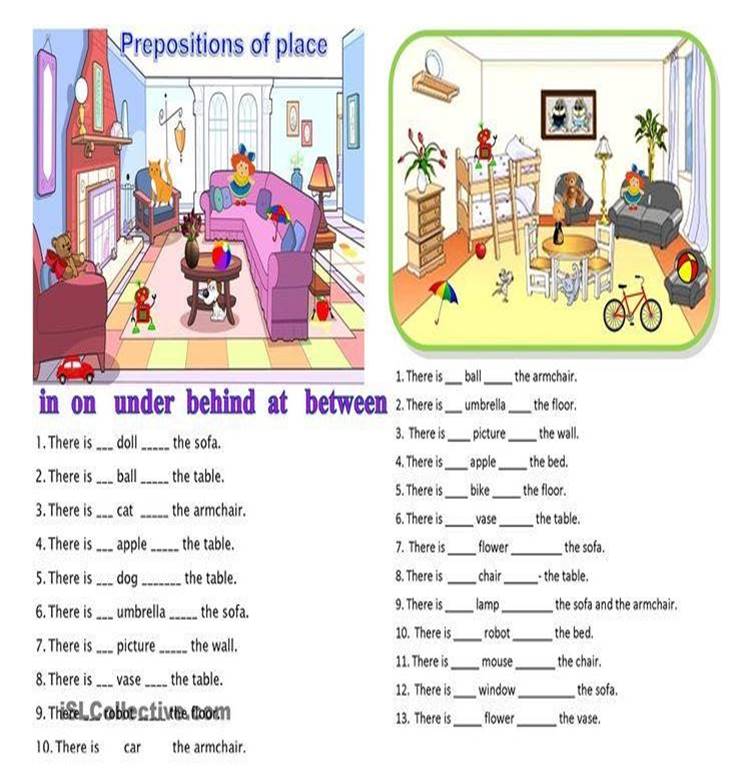
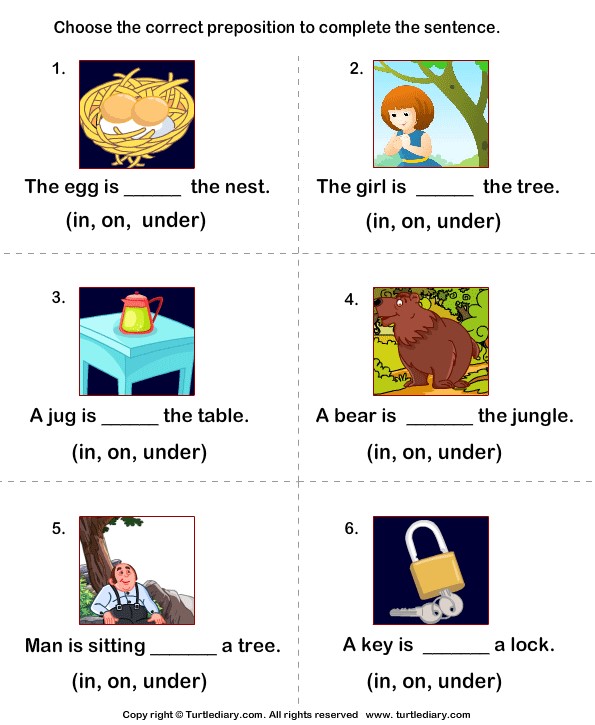
|
I. |
Text. Uzbekistan. |
|
II. |
Phonetics. Reading of consonants. |
|
III. |
Grammar: The link verbs. |
|
IV. |
Lexics: Word study: this and that. |
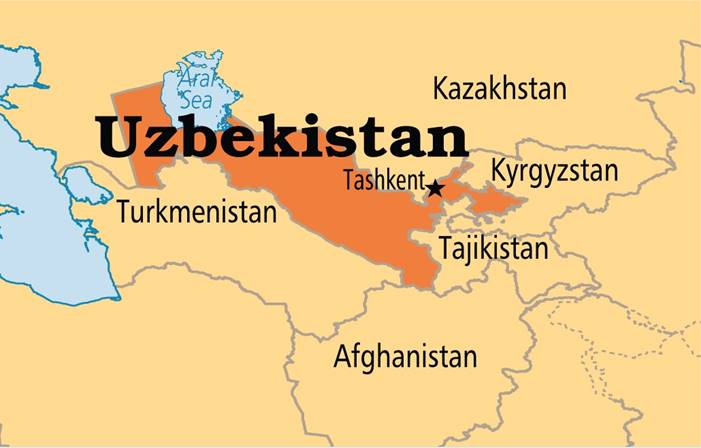
Uzbekistan.
Uzbekistan is our home town. Each of us knows that the independence of Uzbekistan was declared on August 31 in 1991. On that day our republic became an independent country. Several years passed and now our Homeland is one of the independent states of Central Asia. In 1992 we had our new constitution. Uzbekistan became the member of the United Nations Organization on March 2, 1992. In nowadays some symbols, for example the national flag, the anthem, the emblem are the state sovereignty of the republic.
During that short period great changes have taken place in the country. The look of the cities, towns and villages has been changed. Many big industrial enterprises have been constructed. New roads, wide city streets, tennis-courts, schools, colleges and others have been rebuilt and they look very pleasant. Every year our national holiday Navruz and Independence Day are celebrated greatly. Many guests from foreign countries come and take part in the celebration. Today Uzbekistan is open to the world. And the world is open to
Uzbekistan as well.
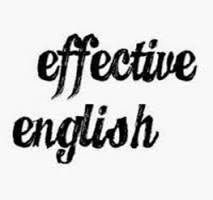 The new
words
The new
words
Hometown-ona vatan
Independence- mustaqillik
To be declared-e’lon qilinmoq
To become-aylanmoq
To pass-o’tmoq
State-davlat
Central Asia-markaziy osiyo
United Nations Organization-
Birlashgan Millatlar Tashkiloti
Nowadays-hozirgi kunda
Flag-bayroq
Anthem-madxiya
Emblem-gerb
Short period-qisqa vaqt
To take place-sodir bo’lmoq
Town-shahr
Village-qishloq
Industrial enterprises-sanoat tashkilot
To construct-qurmoq
To rebuilt-qayta qurmoq
To celebrate-nishonlamoq
Guest-mehmon
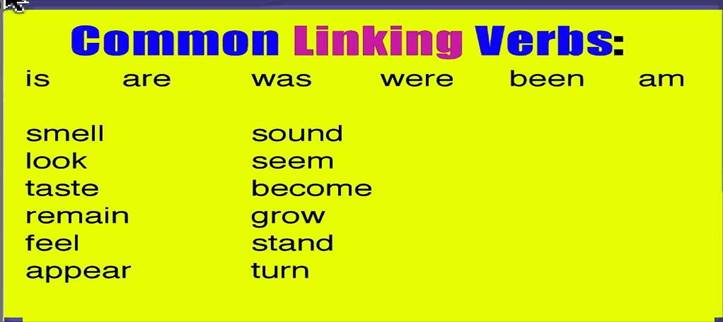
Exercise: 1. Answer the questions.
1) When was the independence declared?
2) Where is our homeland situated?
3) When did Uzbekistan become the member of the UNO?
4) What are the symbols?
5) What kind of changes are taken place?
6) What kind of holidays do we celebrate?
7) Whom do we invite for our holiday?
Exercise: 2. Read the word and explain.
Cell, pencil, city, cycle, cat. Cow, cup, cost, black, cube, so, visit, miss, sister, this, is, beds, page, gin, gym, gag, beg, egg, age, gas, gem, gate, face, pace, came, exams, x-ray, Xerox, example, examination.
Exercise: 3.Translate into Uzbek paying attention to link verbs (to be, to do , to have)
1) Olim has a sister. Her name is Vazira. Vazira is not at home now. She is in the club.
2) It is a club. It has many rooms. Many people do there relax here.
3) I do my homework at home. They are very different. I have many home works.
24
Exercise: 4. Translate into English with pronouns.
1) Mening akam fizikani yaxshi biladi.
2) Bizning kitoblarimizni ularga sen berding.
3) U bu hikoyani yaxshi o’qigan. Buni unga bering. Tarjima qilib beradi.
4) Uning yangi xonadonini ko’rgani boramiz. 5) Biz bilan birga boring.
6) Sizning uy vazifangiz menga yoqdi.
Exercise: 5. Put the pronouns.
1) ….go into … classroom.
2) … have … English on Monday.
3) … learn English and French.
4) … usually read … text book.
5) … sister lives in Tashkent.
6) … friends formulate the laws with … .
7) … engineers want to work in … factory.
Exercise: 6. Change the state with pronouns “this, these, that, those”. Example: The green lorry there, is large.
That green lorry is large.
1) The boxes there, are not empty.
2) The chickens there, are small and yellow.
3) The chicken here, is not black.
4) The workers here, are strong.
Exercise: 7 answer the following questions
1. Do you often use the Internet?
2. When did you first use the Internet?
3. About how many hours a day do you use the Internet?
4. About how many hours a week do you use the Internet?
5. Who uses the Internet the most in your family?
6. What computer do you use to access the Internet?
7. What are some security issues you must think about when you access the Internet?
8. Have you ever bought something using the Internet?
9. How can the Internet be improved?
10. How often do you use the internet?
Exercise:8 put the following verbs

I. Text: Michael Faraday.
II. Phonetics. Reading of diagraphs.
III. Grammar: The Present Indefinite Tense.
IV. Lexics. Word study.
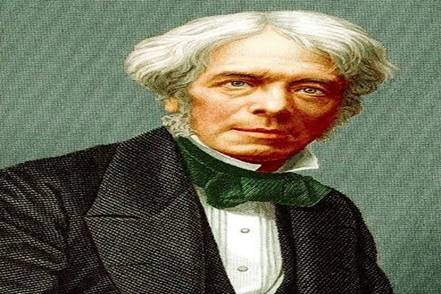
Michael Faraday
The English chemist and physicist Michael Faraday is known for his pioneering of experiment in electricity and magnetism. Many consider his the greatest experimentalist who ever lived.
Michael Faraday was born at Newington, near London on the 22nd of September in 1791. He received little more than a primary education and at the age of 14 he was apprenticed to a bookbinder. There he became interested in the physical works of the time. At the age of 21 Michael Faraday was appointed as an assistant to the famous chemist Humphrey Davy in the laboratory of the Royal Institution in London.
Michael Faraday’s research into electricity and electrolysis was guided by the belief that electricity is only one of the many manifestations of the unified forces of nature, which included heat, light, magnetism. Michael Faraday’s ides about conservation of energy led him to believe that since an electric current could cause a magnetic field should be able to produce electric current. He demonstrated this principle of induction in 1831.
Faraday described his numerous experiments in electricity and electromagnetism in three volumes entitled. Experimental researches in Electricity (1839, 1844, 1855) his chemical work was chronicled in Experimental researches in Chemistry and Physics (1858) He died on the 25th of August in 1967.
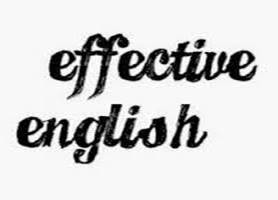 The new
words.
The new
words.
Known-mashhur
Pioneering-birinchilardan
To consider-hisoblamoq
To be born-tug’ilmoq Primary education-boshlang’ich ta’lim
To apprentice a bookbinderkitobga, bilimga sho’ng’imoq
To appoint-belgilamoq
Royal-qirol
Research-izlanishlar
Electrolysis-elektroliz
Belief-ishinch
Exercise: 1.
1)th thing, thought, faith, bathe, Manifestation-isbot
Unify-birlashtirmoq
To include-o’z ichiga olmoq
Heat-issiqlik
Light-yorug’lik
Magnetism-magnetizm
Conservation-saqlash
Current-tok
Induction-namoyon etmoq
To entitle-huquq bermoq
To chronicle-ommaga e’lon
bo’lmoq
[ð] those this
2) ck [k] black, sick, clock 3) ch [t] ches, check, cheep ch [k] chemical, chemistry ch [] chemise, chaurinist
4) sh [] sheet
5) kn [n] know, knock, known
6) qu [kw] quite, quick
Exercise: 2. Write after the teacher.
Schoolgirl, blackboard, that, knowing, thin, ship, question, chemical, teaching, knife.
Exercise: 3. Make up the Present Indefinite using the verbs.
To close, to go, to open, to read, to sit, to live, to work, to come, to write, to do, to speak, to send, to meet, to give, to take, to copy out, to put.
Exercise: 4. Translate into Uzbek.
1) They speak two languages very well.
2) I usually enjoy parties, but I don’t enjoy this one very much.
3) He always looks after his brother.
4) The moon goes round the earth.
5) Water boils at 100 degree Celsius 6) My father usually goes to work by car.
7) It gets late.
8) Do you listen to the radio everyday?
Exercise: 5. Put the negative and interrogative forms of the sentences.
1) We often meet this engineer here.
2) You go to the factory everyday.
3) I read newspapers every morning.
4) They often come here.
5) Our teacher speaks English.
6) She writes questions at home.
Exercise: 6. Complete with right adverbs.
1) We … have our English on Monday.
2) What language do you … read during the lesson?
3) Do you … speak French out of?
4) They …. Meet these boys here.
5) Do you … come here?
6) What do you do …?
Exercise: 7. Translate into English.
1) Ular bizning universitetda o’qiydilar.
2) Fizika darsida biz doimo tajriba o’tkazamiz.
3) Odatda fizika fakulteti talabalri Nyuton qonunlarini yaxshi biladilar.
4) Har yili talabalar paxta terimiga boradilar.
5) Qishda doimo qor yog’adi.
6) Siz yangi qoidalarni doimo takrorlab borasizmi?
7) Ular qayerda yashaydilar?
8) Ular bizning yaqinimizda yashaydilar.
Exercise: 8. Read the dialogue and pay attention to the tense.
Enviable growth
Mother: Our baby puts on about three pounds a month.
Father: Some babies will put on weight. I know one that is fed on elephant’s milk. It puts on ten pounds daily.
Mother: Oh, Tom! You say it to tease me. I can’t believe it.
Father: Sure enough he does.
Mother: Whose baby is it?
Father: The elephant’s, naturally.
Exercise: 9 answer the following questions
1. About how much do you usually spend each day?
2. Are you good at saving money?
3. Do you compare prices at different stores when you shop?
4. Do you enjoy shopping?
5. Do you ever buy second-hand things?
6. Do you ever give money to charity?
7. Do you gamble?
8. Do you sometimes buy things that you don't need?
9. Do you think that money can buy love?
10. Do your parents give you an
allowance?
Exercise: 10
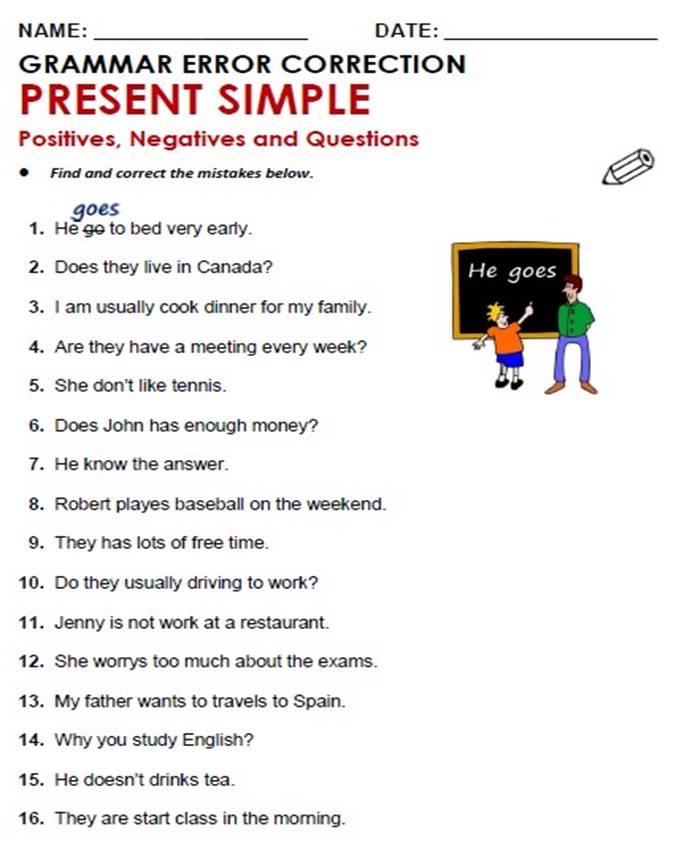
I. Text: Telescope
II. Phonetics: Reading of some diagraphs. III. Grammar: The Present Continuous Tense IV. Lexics: Word study.
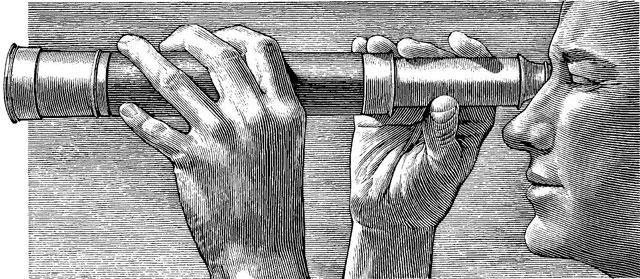
The telescope
For more than four centuries telescopes have been the Earth’s window on the Universe. Now scientists in many countries are developing bigger telescopes that will enable astronomers to look deeper into the corners of the Universe. The main principle of a telescope is the larger the mirror the clearer and brighter the reflected image will be.
The world’s largest optical telescope is in the North Caucasus at 2100 meters above the sea level. Many countries have developed large size optical telescopes in the recent 40 years but this telescope is the most powerful. With this telescope astronomers can investigate the most remote bodies in the Universe, it will help to solve many important scientific problems to make a great contribution to the mankind’s knowledge. Astronomers have used the telescope to take several unique photographs of stars. The development of this unique telescope is a great achievement of science and technology.
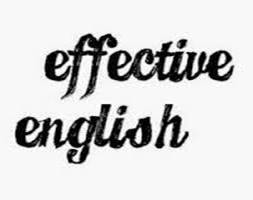 The
new words
The
new words
|
|
|
|
Century-asr Earth-yer Universe-samo View-ko’rinish, nazar Deeper-chuqurroq Corner-burchak Main- asosiy Mirror-oynak Reflected-aks etgan Sea level-dengiz sathi |
Recent-oxirgi To solve-hal qilmoq Contribution-foyda, natija Image-tasavvur Unique-antiqa Mankind-insoniyat Achievement-yangiliklar, yutuqlar Investigate-yangilik kiritish Remote-uzoqlashgan |
Size-o’lcham
Exercise: 1. Choose the right answer.
1) What is the main principle of a telescope?
a) the smaller mirror, the brighter the reflected image
b) the lighter the mirror, the brighter the reflected image
c) the larger the mirror the clearer and brighter the reflected image
2) What can astronomers investigate with this telescope? a) our star-the Sun
b) man made satellites
c) the most remote bodies in the Universe
Exercise: 2. Read correctly
1) wr [r] - write, wrote, wry
2) ng [] - sing, long, hang,
3) ng [g] - English, angry, single
4) nk [k]- ink, drink, bank
5) wh [h] - who, whose, whom
6) wh [w] - why, what, when
7) gn [n]- Gnat, Gnostic
Exercise:3. Find the words from the dictionary as it given below for the
phonemes. [r, η, ŋġ , ŋĸ ,h, w, n]
Exercise: 4. Change the verbs into the Participle I.
To meet, to tell, to find, to send, to give, to take, to read, to look, to go, to open, to close, to put.
Exercise: 5. Put the sentences into negative and interrogative forms and translate them.
1) I am reading an interesting book at the moment.
2) Catherine wants to work in Italy, so she is learning Italian.
3) The population of the world is rising.
4) My friend is building his house.
5) Ann and Tom are having dinner now.
6) My son is watching a cartoon.
Exercise: 6. Put the correct form of verb.
1) Let’s go out. It … (not/rain) now.
2) Julia is very good at languages. She … (speak) languages very well.
3) Hurry up! Everybody … (wait) for us.
4) … (you /listen) to the radio?
5) … (you/listen) to the radio everyday?
6) The river Nile … (flow) into the Mediterranean.
7) We usually … (grow) vegatables in our garden.
8) Robin is in London at the moment. He … (stay) at the Park Hotel.
Exercise: 7. Translate into English.
1) Ayni vaqtda men darsni o’qiyapman
2) Hozir bolalar parkda o’ynashmayapti. Havo juda sovuq.
3) Eshikdagi yozuv “Meni bezovta qilmang, men uxlayapman”.
4) Hayotimiz tez o’zgaryapti.
5) Siz hamma so’zlarni yodlayapsizmi?
6) Yo’q, men so’zlarni yodlay olmayapman.
7) Ana u ikki do’st suhbatlashishyapti.
8) Biz ko’chada yurmayapmiz. Xonada o’tiribmiz.
Exercise: 8. Make up a short situation using the key words.
1)At the lesson
To write (read, translate), well, to like reading (writing, translating) to speak English, to be doing well.
2) My brother.
To learn English, already, to do homework, to line, to be
Exercise: 9. Translate the dialogue.
What for
A school boy is going to the market without leave. On his way there he runs into his school master. “Where are you going boy? » asks the master. “I am going to buy a halfpenny worth of nails” answers the boy.
“What do you want a halfpenny worth of nails for?”
“For a halfpenny” is the reply.
Exercise: 10 answer the following questions
1. At what age do you want to get married?
2. Describe the appearance of the person you would like to date?
3. Describe the character of the person you would like to date?
4. Do women usually work after getting married in your country?
5. Do older girls/boys have a problem dating younger girls/boys?
6. Do younger girls/boys have a problem dating older girls/boys?
7. Do you believe in love at first sight?
8. Do you know someone who has gotten a divorce?
9. Can you still love your partner and not like him/her?
10. Do you think a boy should pay for everything on a date?
Exercise: 11fill the blanks
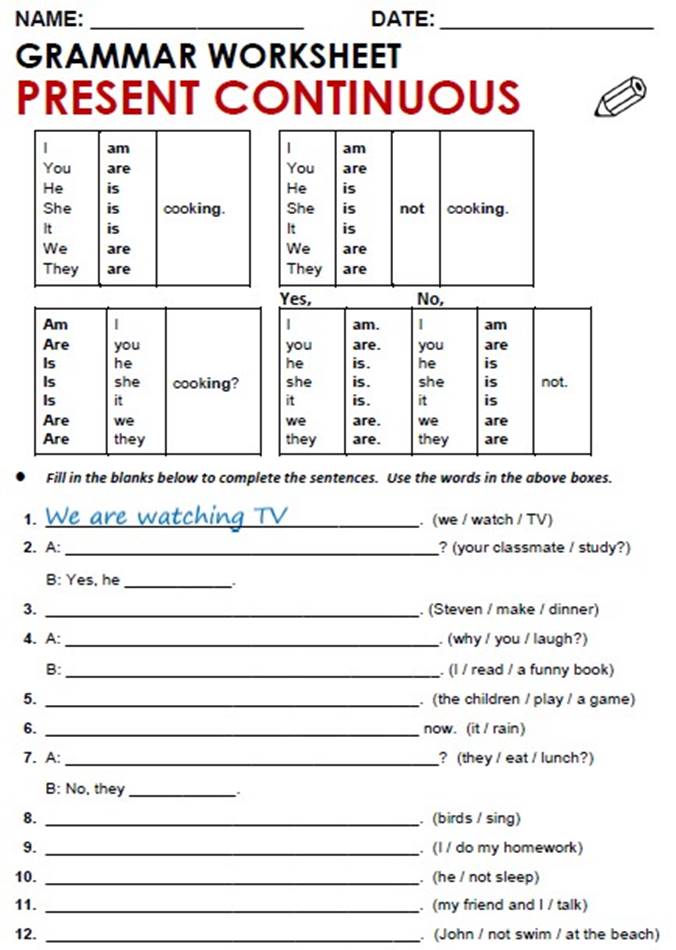

|
I. |
Text: Machine tools. |
|
II. |
Phonetics : Diphthongs |
|
III. |
Grammar: The numeral |
|
IV. |
Lexics: Word study |
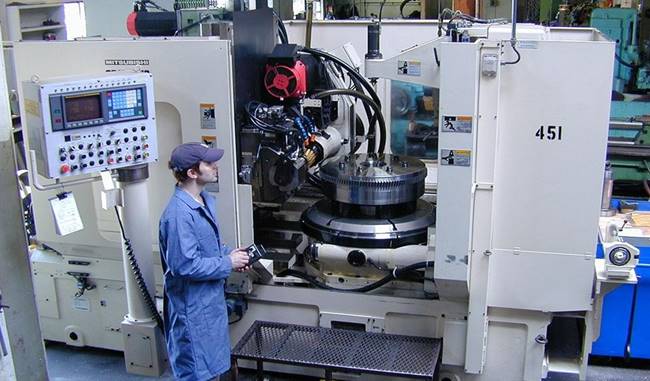
Machine tools.
The variety and combinations of machine tools today are unlimited. Some of them are very small and can be mounted on a workbench but others are so large.
There are some banc operations at any workshop. They are turning, drilling, threading, etc. The main machine tool of such a workshop is the multi purpose lathe. Lathe is a power –driven machine with special tools which can cut or from metal parts.
Technological progress improves accuracy of machine – tolls. Today’s equipment can produce with very high accuracy. One can find a number of machine-tools that can measure and inspect their production themselves – machine-tools that are to handle the parts mechanically and automatically .A great many of such “clever” machines can be found today in our industry Automation is one of the main factors of engineering progress. Uzbekistan and other highly industrialized countries begin making use of flexible modules and automated workshops and a broad basis.
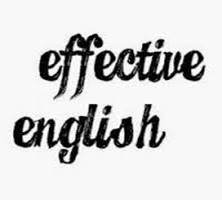 The
new words.
The
new words.
|
Variety- turli xil Combinations- yig’indi, jamlama Machine tolls- stanok Unlimited- chegarasiz Workbench- o’rnatmoq To mount- verstak To turn- o’girmoq To drill- parmalamoq To thread- rezbalarni qirqmoq Multipurpose –maqsadli Lathe- tokarniy stanok |
Power- driven machine-mexanik tokli stanok To improve – o’sib bormoq, rivojlanmoq Accuracy – aniq Equipment – jixoz To produce – ishlab chiqarmoq To inspect- ko’rib chiqmoq To handle –boshqarmoq Flexible- mustaxkam Merit -noyob. |
Exercise: 1. Answer the questions.
1) What types of machine – tools are there in nowadays?
2) What are the basic operations at a workshop?
3) What is a lath?
4) What improves the accuracy of machine – tools?
5) What is the main factors of engineering progress?
6) What is the main principle of a flexible line?
Exercise: 2. Learn the phonemes.
“ee, ea, ie, c+ei” reads as i: ee – meet, ea – read, ie – field, ei –ceiling.
“a+ss, a+st, a+sk, a+ft, a+sp, a+lf, a+nt, a+lm” reads asa:
a+ss – class, a+st- past, a+sk – task, a+ft –after, a+sp –clasp, a+lf – half, a+lm – palm, a+nt – plant.
“all, aw, au, augh, ough,ar” reads as 0:
All- hall, aw – saw, au- sauce, augh-taught, ough-thought, ar-war.
Exercise: 3. Read the words.
She, tree, speak, chief, perceive, farm, pass, cast, bask, grasp, half, calm, can’t, hearth, short, fall, autumn, claw, daughter, fought, warm, task, mast, grass, keep, teach, thief, dark, all, fraught, caught.
Exercise:4 Read the numerals and translate.
One, eight, eleven, nineteen, twelve, thirty, the fourth, the thirteenth, the fifty-first, the second, three hundred, six thousand, two million, naught.
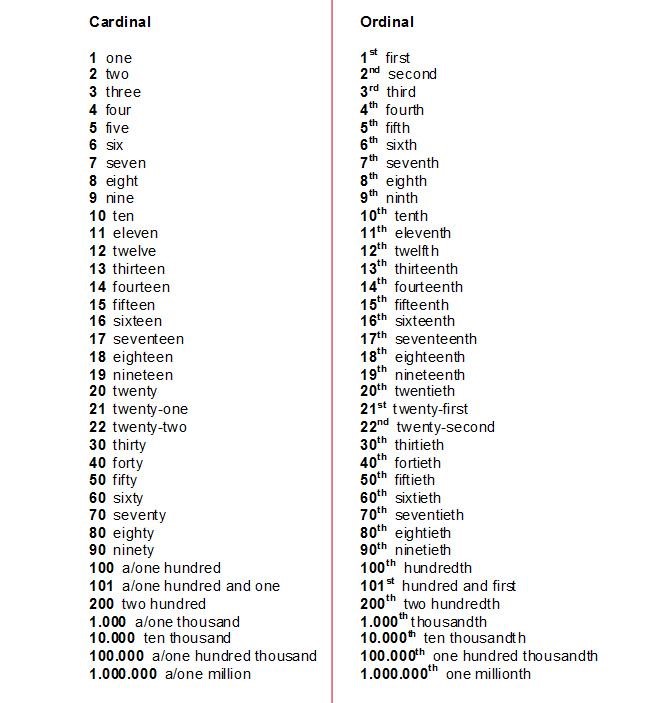
Exercise: 5 Write the following numerals
3,5,8,11,12,30,34,42,50,53,39,90,98,100,101,222,408,587
Exercise: 6 Translate the numerals in word combinations
28-matn, 30-daftar, 3-maqola, 40-dars, 4-mashq, 14-gap, 36-bet, 15-so’z, 45xona, 23-uy
Exercise: 7 Write the dates
23.01.1946, 7.03.1982, 5.02.1969, 9.04.1939, 4.05.2002, 8.07.2007, 14.06.1952, 20.08.2000, 12.10.1983
Exercise:8 Write the fractional numerals
½, 2/3, ¼, 1 1/3, 2 5/6, 0.1, 0.01, 2.05, 32.305, 6.67
Exercise: 9 Retell the text paying attention to the numerals
W. Shakespeare’s works
In the world W. Shakespeare’s works have been published in over 5000000 copies in 28 languages spoken by the various peoples of the world.
More than 300 productions of Shakespeare’s plays have been put on in the countries. Hundred-thousand copy edition of Shakespeare in English which came out between 1937 and 1939 has long since become a bibliographical rarity.
Exercises 10 answer the following questions
1. What's your favourite season and why?
2. Are there any special traditions associated with different season in your country?
3. Have you ever been caught in bad weather? If so, what did you do?
4. Do you have many disasters in you country which are caused by weather?
5. Do you like snow?
6. Which do you like better hot weather or cold weather?
7. Do you have frost?
8. Do you think that in recent years we are losing our four distinct seasons?
9. What is the best season to get married?
10. Can you think of other activities in which one season may be better than another?
Exercises 11
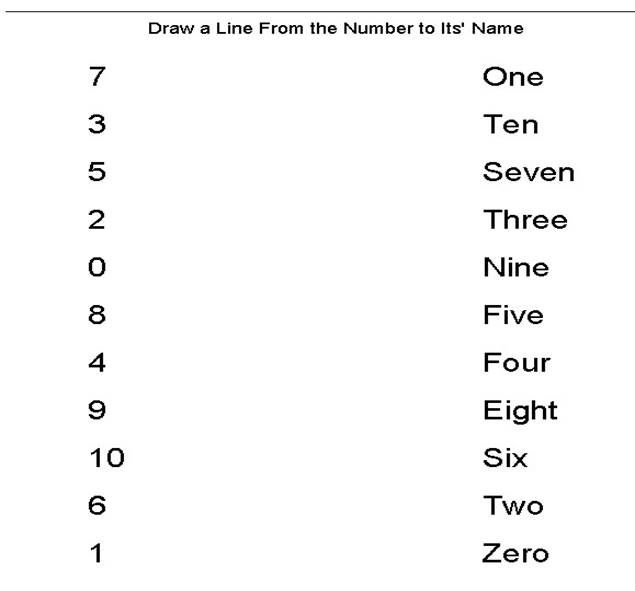
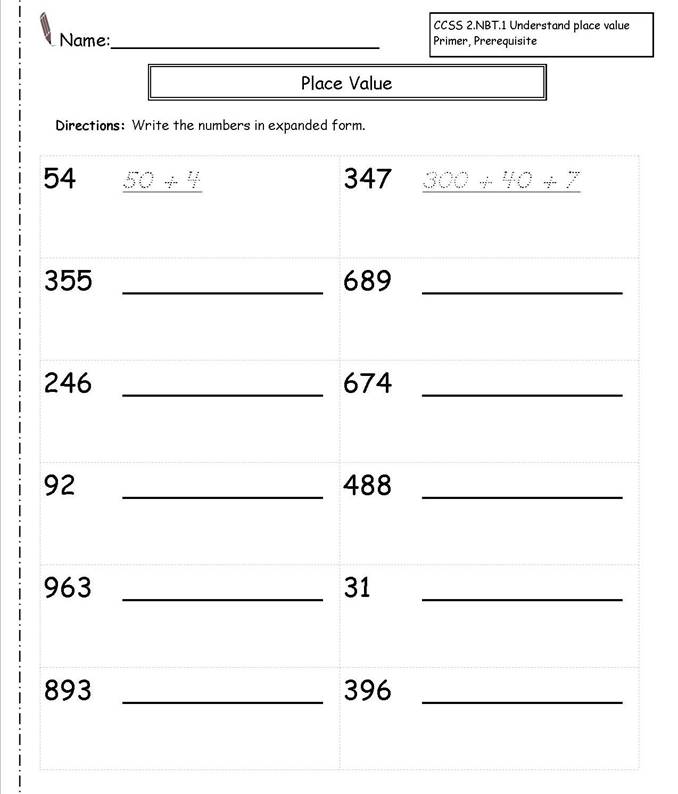
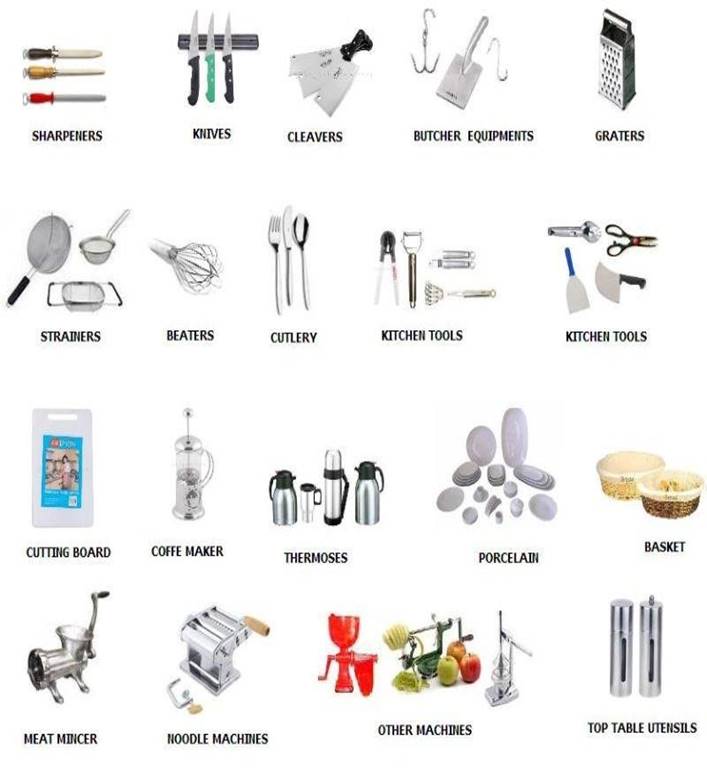
I.Text: Our solar system
II. Phonetics: Diphthongs
III. Grammar: The Past Indefinite Tense
IV. Lexis: Word study
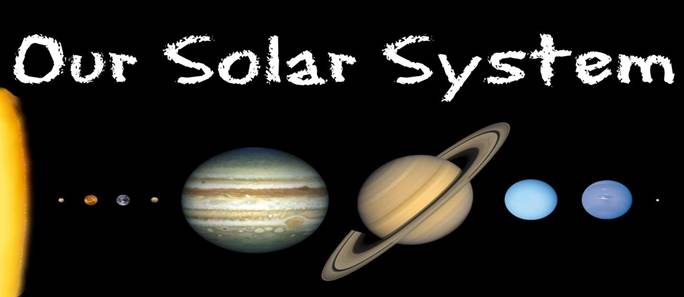
Our solar system
Our solar system consists of the sun, nine known planets and their satellites, asteroids, comets and meteors.
The most important body in this great family is the sun. There are few kinds of energy on the earth that are not the gift of the sun. The sun’s mass is 750 times that of all the planets put together. Our sun has a surface temperature of about 60000C. Every square meter of the sun’s surface radiates energy equal to 84000 horse power. Here is possible source of energy for the future. The age of the earth is about two billions of years. The sun must have been in existence long before is earth was formed. During all that time the sun has been radiating heat continuously, and still continues to do so. The Sun has a family of planets moving around it in orbits. Their names in order from the Sun are Mercury, Venus, Earth, Mars, Jupiter, Saturn, Uranus, Neptune und Pluto.
Mercury is not only the nearest to the Sun but also is the smallest of the planets. Venus is the brightest star in the sky, next to the sun and the moon. Jupiter is the giant among the family of planets. It has a diameter 11 times that of the earth. Saturn is the second largest of the planets. It has a family of nine satellites, one of which Titan is a larger than our moon. Little is known of the planets Uranus, Neptune and Pluto. They are so far away that the most powerful telescope cannot reveal anything but small. Mars aroused more interest. There are many ways in which this planet is similar to the earth.
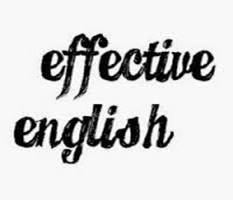 The new words
The new words
|
Solar system-koinot To consist-tashkil topmoq Satellites-yo’ldosh Body-jism Surface-yuza Sun-quyosh Earth-yer |
Square-to’rtburchak To radiate-nur sochmoq Equal-teng bo’lmoq Source-manba Energy-energiya Power-kuch Existence-bormoq |
Exercise: 1. Put the correct missing words and combinations.
1) The most … body in this great family is the sun.
2) … must have been in existence long before the earth was formed.
3) … is the second largest of the planets.
4) … are little unknown.
5) Here is a … of energy for the future.
6) … aroused more interest.
Exercise: 2. Learn the phonemes.
“o, oo, ou”- [u:] “o, oo, ou”-[^]
![]()
o- do, oo- moon, ou- soup o- son, oo- blood, ou- young
Exercise: 3. Read correctly.
Who,gun, too, group, move, must, some, country, flood, trouble, love, route,ruble.
Exercise: 4. Put the sentences into interrogative and negative forms.
1) They worked at a large factory then.
2) My sister stayed at her friend’s yesterday. 3) You lived in that house ten years ago.
4) Peter decided to go to a medical school last year.
5) My friend wrote an interesting article last month.
6) My sun was born in 2004.
Exercise: 5. Put the verbs into the Past Indefinite form and make up sentences.
To look, to play, to spend, to be, to do, to get, to know, to dance, to begin, to read, to write, to listen.
Exercise: 6. Fill in the gap with correct form of verbs.
1) Who usually (to do) his homework in this room last year?
2) I ( to live) near my office last year .I always (to walk) there.
3) He (to open) the window before classes yesterday.
4) Alexander Popov (to invent) the radio.
5) Einstein (to get interest) in the gigantic telescope.
6) Physicists (to do) many researches.
7) The calculations (to be) very complex.
8) Our laboratory (to have) an old equipments last 3 years.
Exercise: 7. Translate into English.
1) Biz maktabda Nyutonning qonunlarini o’rganganmiz.
2) O’tgan yili men talaba emas edim.
3) Ikki soat avval men magazindan qaytdim.
4)Xorazmiy ko’p yangiliklarni fanga kiritgan edi.
5) Studentlar o’tgan darsda ko’p so’zlarni yodlashdi. 6) Siz ikki oy oldin qayerda edingiz?
7) Men Toshkentga singlimni ko’rishga ketgan edim.
8) Do’stim ingliz tilini o’tgan yili yaxshi bilmas edi.
Exercise: 8. Translate the dialogue and try to act it.
More expensive.
Mr. Brown: Last week a grain of sand got into my wife’s eye. We went to the doctor’s immediately. The incident cost me five dollars.
Mr. Smith: That’s nothing. Last week a fur coat got into my wife’s eye. We entered the shop directly. The incident cost me five hundred dollars. Exercise:9 answer the following questions
1. How often do you eat out?
2. Who do you usually go with when you eat out?
3. Do you like western food?
4. What kinds of foods do these restaurants serve?
5. Do you ever eat at McDonalds? KFC?
6. Do you ever drink alcoholic beverages when you eat out?
7. Which country has the best food?
8. Do you know anyone who has owned a restaurant?
9. Have you ever worked in a restaurant?
10. Do you worry about calories and fat content when you eat out?
Lesson 9
I.Text: London.
II.Phonetics : Diphthongs
III.Grammar: The Future Indefinite tense
IV. Lexics: Word study
London
London is situated about 40 miles from the mouth of the river Thames. It is divided by the river into two unequal parts. Most of the important buildings stand on the north bank.
London is the heart of Britain. It is not only Britain’s capital, it is the largest city, the most important seaport and the financial and business centre. London is also Britain’s cultural centre, the place with the most theatres, cinemas concert halls and museums. In addition, it is the country’s TV production centre. The oldest part of London is the City. The Square Mile is another name for the City of London. Now about half million people work in the City the day. At night it is almost deserted .Not many people live in the Square Mile nowadays. London is divided into the West End and the East End. The West End is famous for shopping and entertainment. It includes and famous London parks, where people can forget that they are in a city at all. The best known and largest park is Hyde Park. The East End is the working-class area with industrial plants and factories. London plays a very important role in the industry of Great Britain.
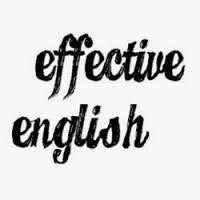 The new
words
The new
words
To be situated-joylashmoq
Mouth-ogiz
To divide-bo’linmoq
Unequal-teng bo’lmagan
Important-muxum
Bank-qirgoq
Heart-yurak
To desert-qoldirmoq
Exercise 1: Answer the question.
1. Where is the London situated?
2. What kind of city is London?
3. What is the City?
4. What is another name of the City?
5. How many people work in the City?
6. Where is the East (West) End?
7. What is Hyde Park?
8. Where are the factories, plants and others?
Exercise 2:Learn the phonemes.
“ou,ow”- [au]
“oa,ow,o+ll, o+ld”- [ou]
“oi,oy”- [oi]
“ou”-round, ”ow”-how
“ow”-know, “oa”-boat, “o+ll”- roll, “o+ld”- cold
“oi”- boil, “oy”- toy
Exercise 3: Read correctly.
Bound, bold, coin, toy, cold, slow, moan, tone, road, stone, flow.
Exercise 4: Read and translate the sentence.
1) I’m too tired to walk home. I think, I’ll get a taxi.
2) I see, you are so busy I won’t stay long.
3) That bag looks heavy. I’ll help you.
4) He’ll give me the book tomorrow.
5) Will you be quiet? I’m trying to concentrate.
6) Will you shut the door,please?
Exercise 5: Fill the gaps.
1) Did you phone Ruth? Oh, no I…(to phone)her now.
55
2) I can’t meet you tomorrow afternoon, I…(to play) tennis.
3) We … (to meet) you outside the hotel, OK?
4) “Remember to buy a newspaper when you go out” OK, I … (not to forget) 5) What time …(to leave) your train …. Tomorrow?
6) I don’t want to go out alone. … you (to come) out with me?
Exercise 6: Translate into English.
1) Bugun kechqurun biz mehmonga boramiz.
2) Siz singlingizni tug’ulgan kuniga nima sovga qildingiz?
3) Kelgusi yili bu vaqtda qayerda bo’lamiz?
4) Soyabon olmang, havo yaxshi. Yomg’ir yog’maydi.
5) Kelgusi dushanbada talabalar o’qishni boshlaydilar.
6) Anna seshanba kuni bo’sh bo’lmaydi.
Exercise 7 answer the following questions
1. Is it common for men and women to have the same jobs in your country?
2. What are some jobs that you think would be fun?
3. What do you think is the best job? What do you think is the worst?
4. What job(s) do you wish to have in the future?
5. When you were a child, what job did you want to have when you grew up?
6. Who among the people you know has the most interesting job? What is it?
7. Would you be upset if your boss was a woman?
8. Would you like a job in which you travelled a lot?
9. Would you like to do the same job for the rest of your life?
10. Would you like to work in an office? Why or why not?
Exercise 8
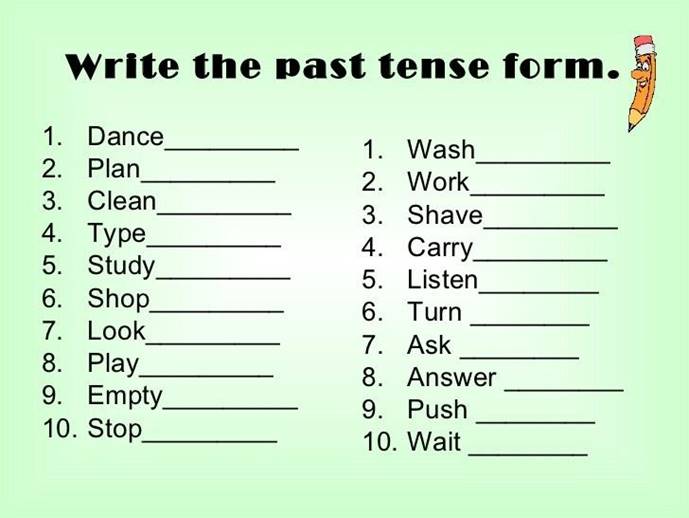
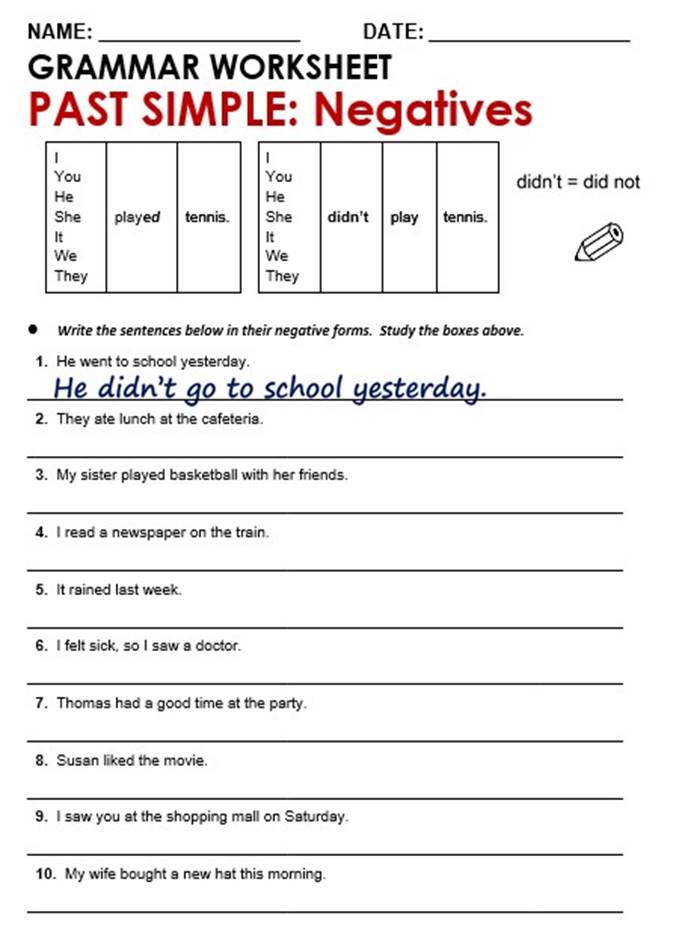
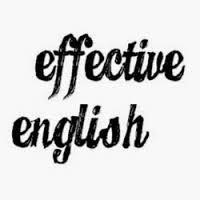 LESSON 1.
LESSON 1.
THE NEW WORDS
To wash – yuvinmoq
To dress –kiyinmoq
Breakfast –nonushta
At half past 8 -8 yarim
So –bunchalik, shunday, u qadar
To work –ishlamoq
Little –kichkina
Private –xususiy
Nurse –hamshira
Another –boshqa
Helper –yordamchi
To graduate from – tugatmoq (oliy o’q. yurt)
A year ago –bir yil avval
To have married –turmushga chiqmoq
As –xuddi, kabi, o’xshash
Parents –ota-ona
In order to -….. uchun
To enter –kirmoq
Then –so’ng, keyin
Free time –bo’sh vaqt
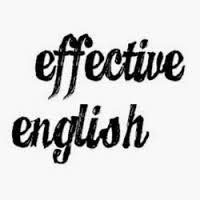 LESSON 2.
LESSON 2.
THE NEW WORDS
To be busy – band bo’lmoq
Different – turli xil
To divide – bo’linmoq
Full-time students – kunduzgi bo’lim
Part-time student – sirtqi bo’lim talabasi
To combine – to’planmoq
Practical classes – amaliy mashg’ulotlar
Tutorial – yakka tartibdagi darslar
Term – smestr
Course – kurs
Several - bir necha
Score – ball
To learn – o’rganmoq
To use – foydalanmoq
To continue – davom ettirmoq
Degree of Master – magstrlik darajasi
Degree of Bachelor – bakalavrlik darajasi
The same – xuddi
Lecture halls – ma’ruza zallari
Comfortable – qulay
Hall of residence – yotoqxona
Library – kutubxona
Scientific – ilmiy
Literature – adabiyot
To spend – sarflamoq Together –birgalikda
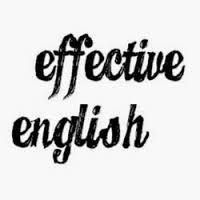 LESSON 3.
LESSON 3.
THE NEW WORDS.
Various – turli xil
Phenomena – ko’rinish, ajoyib ko’rinish
Nature – tabiat
To determine – aniqlashtirmoq
Exact – aniq
Relation –aloqa, qarindosh
Task – vazifa
Observation – kuzatish
To carry out – o’tkazmoq
Toformulate– formulalashtirmoq
Predict – oldindan aytmoq
Behavior – rejim, bir xildalik
Therefore – shuning uchun
Important – muxim
To solve – xal qilmoq
Scientist – olim
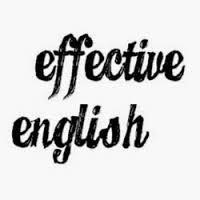 LESSON 4.
LESSON 4.
THE NEW WORDS
Hometown-ona vatan
Independence- mustaqillik
To be declared-e’lon qilinmoq
To become-aylanmoq
To pass-o’tmoq
State-davlat
Central Asia-markaziy osiyo
United Nations Organization-Birlashgan Millatlar Tashkiloti
Nowadays-hozirgi kunda
Flag-bayroq
Anthem-madxiya
Emblem-gerb
Short period-qisqa vaqt
To take place-sodir bo’lmoq
Town-shahr
Village-qishloq
Industrial enterprises-sanoat tashkilot
To construct-qurmoq
To rebuilt-qayta qurmoq
To celebrate-nishonlamoq
Guest-mehmon
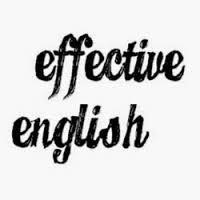 LESSON 5.
LESSON 5.
THE NEW WORDS.
Known-mashhur
Pioneering-birinchilardan
To consider-hisoblamoq
To be born-tug’ilmoq
Primary education-boshlang’ich ta’lim
To apprentice a bookbinder-kitobga, bilimga sho’ng’imoq
To appoint-belgilamoq
Royal-qirol
Research-izlanishlar
Electrolysis-elektroliz
Belief-ishinch
Manifestation-isbot
Unify-birlashtirmoq
To include-o’z ichiga olmoq
Heat-issiqlik
Light-yorug’lik
Magnetism-magnetizm
Conservation-saqlash
Current-tok
Induction-namoyon etmoq
To entitle-huquq bermoq
To chronicle-ommaga e’lon bo’lmoq
Yet – xali
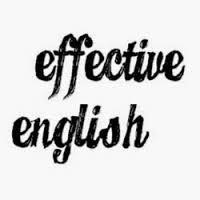 LESSON 6.
LESSON 6.
THE NEW WORDS
Century-asr
Earth-yer
Universe-samo
View-ko’rinish, nazar
Deeper-chuqurroq
Corner-burchak
Main- asosiy
Mirror-oynak
Reflected-aks etgan
Sea level-dengiz sathi
Size-o’lcham
Recent-oxirgi
To solve-hal qilmoq
Contribution-foyda, natija
Image-tasavvur
Unique-antiqa
Mankind-insoniyat
Achievement-yangiliklar, yutuqlar
Investigate-yangilik kiritish
Remote-uzoqlashgan
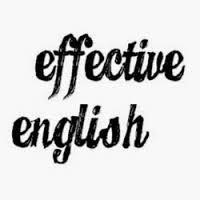 LESSON 7.
LESSON 7.
THE NEW WORDS.
Variety- turli xil
Combinations- yig’indi , jamlama
Machine tolls- stanok
Unlimited- chegarasiz
Workbench- o’rnatmoq
To mount- verstak
To turn- o’girmoq
To drill- parmalamoq
To thread- rezbalarni qirqmoq
Multipurpose –maqsadli
Lathe- tokarniy stanok
Power- driven machine-mexanik tokli stanok
To improve – o’sib bormoq, rivojlanmoq
Accuracy – aniq
Equipment – jixoz
To produce – ishlab chiqarmoq
To inspect- ko’rib chiqmoq
To handle –boshqarmoq
Flexible- mustaxkam Merit -noyob.
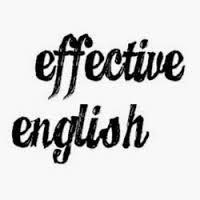 LESSON 8.
LESSON 8.
THE NEW WORDS
Solar system-koinot
To consist-tashkil topmoq
Satellites-yo’ldosh
Body-jism
Surface-yuza
Sun-quyosh
Earth-yer
Square-to’rtburchak
To radiate-nur sochmoq
Equal-teng bo’lmoq
Source-manba
Energy-energiya
Power-kuch
Existence-bormoq
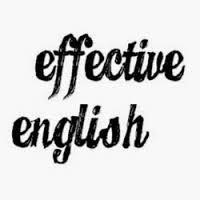 LESSON 9.
LESSON 9.
THE NEW WORDS
To be situated-joylashmoq
Mouth-ogiz
To divide-bo’linmoq
Unequal-teng bo’lmagan
Important-muxum
Bank-qirgoq
Heart-yurak
To desert-qoldirmoq
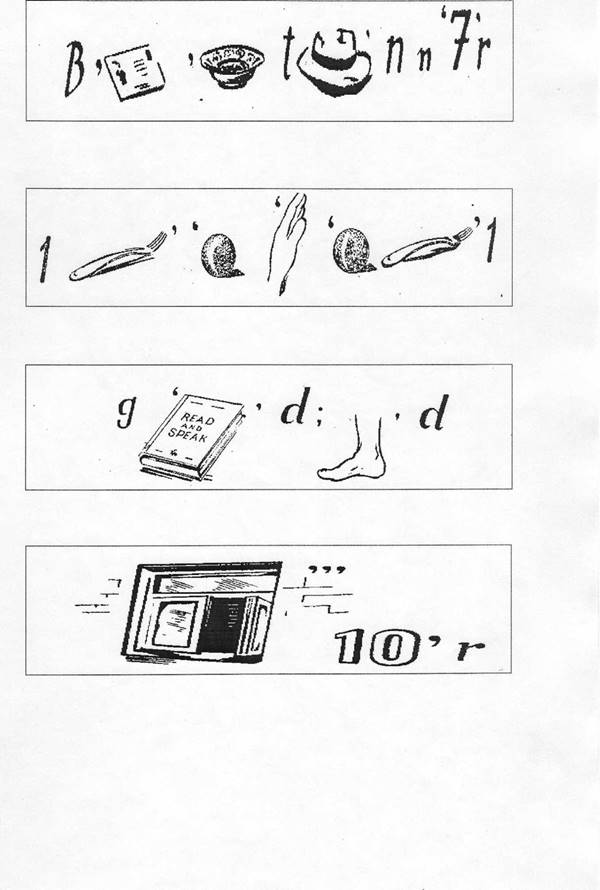
68
WORD GAME!
|
N |
G |
A |
R |
D |
E |
N |
M |
A |
P |
P |
|
E |
C |
T |
V |
S |
S |
O |
N |
P |
T |
H |
|
H |
W |
O |
O |
H |
O |
U |
S |
E |
O |
O |
|
C |
A |
I |
L |
R |
R |
F |
P |
T |
W |
T |
|
T |
L |
L |
D |
D |
O |
R |
A |
D |
I |
O |
|
I |
L |
E |
L |
O |
A |
C |
H |
A |
I |
R |
|
K |
B |
T |
R |
C |
U |
R |
T |
A |
I |
N |
v If you find 22 or more words your score is great.
v If you find 17 words your score is good.
v If you find 10 words your score is Not Good (Poor).
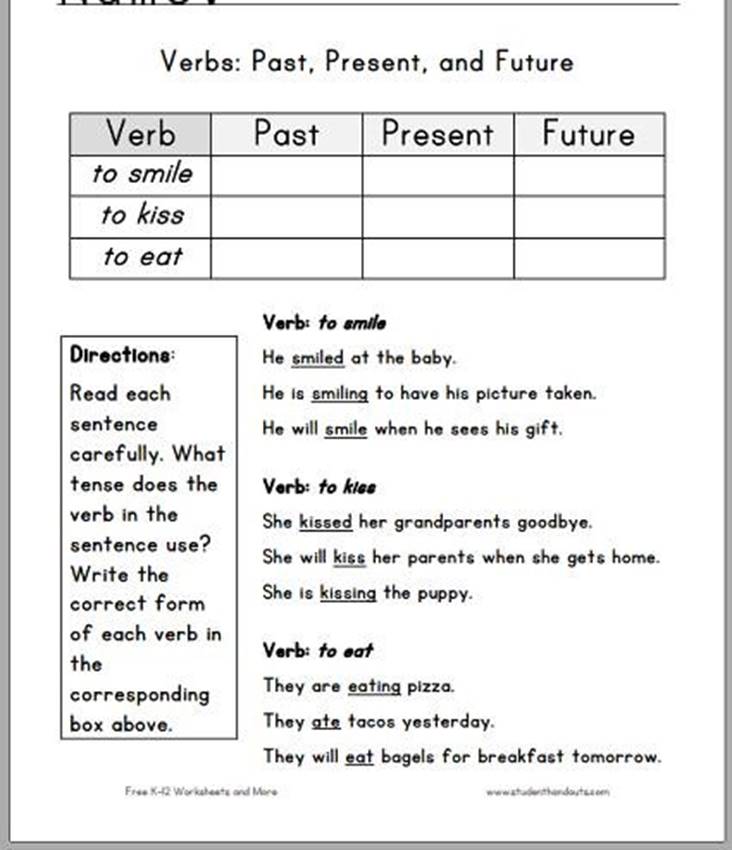
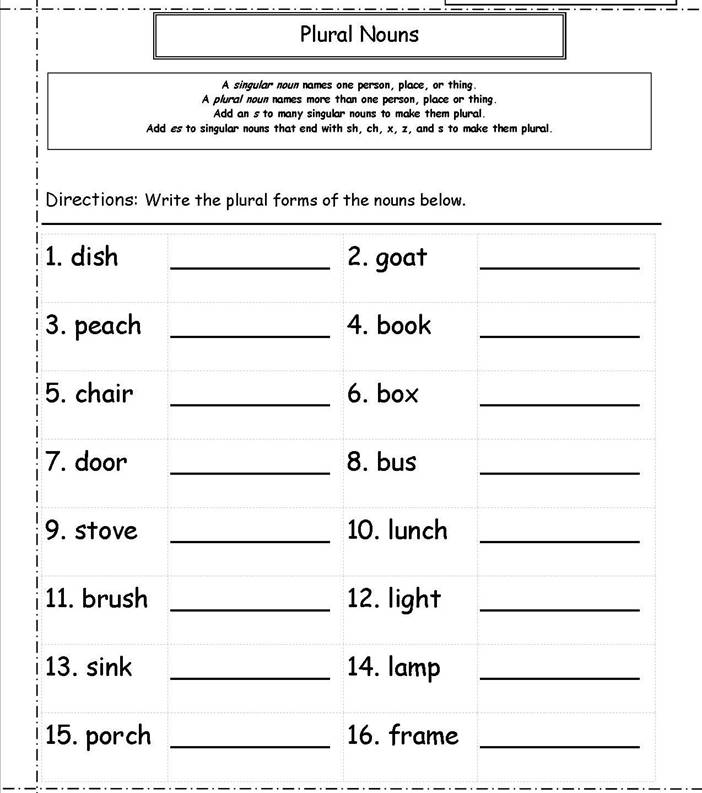
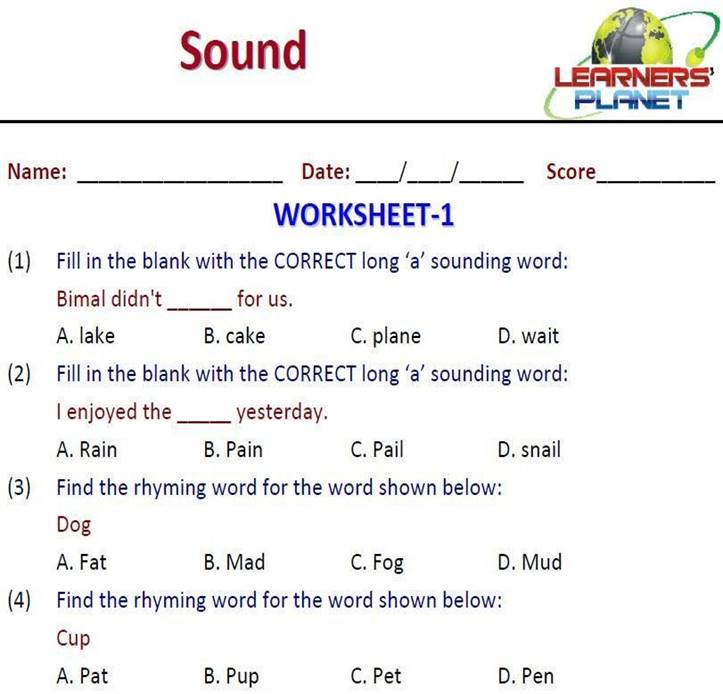
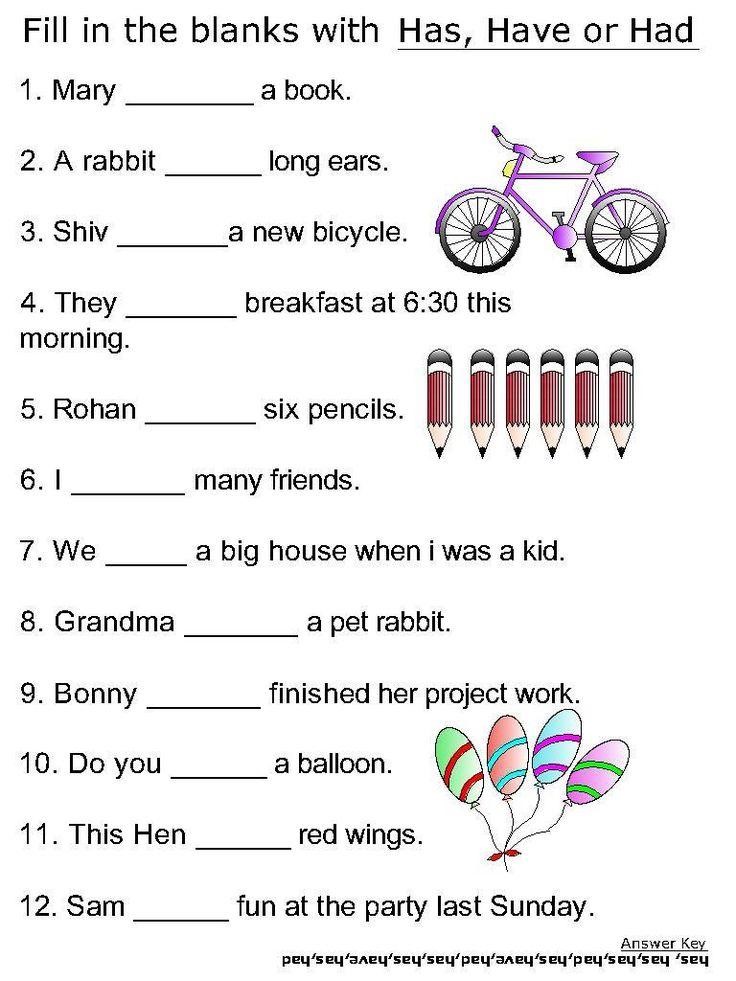
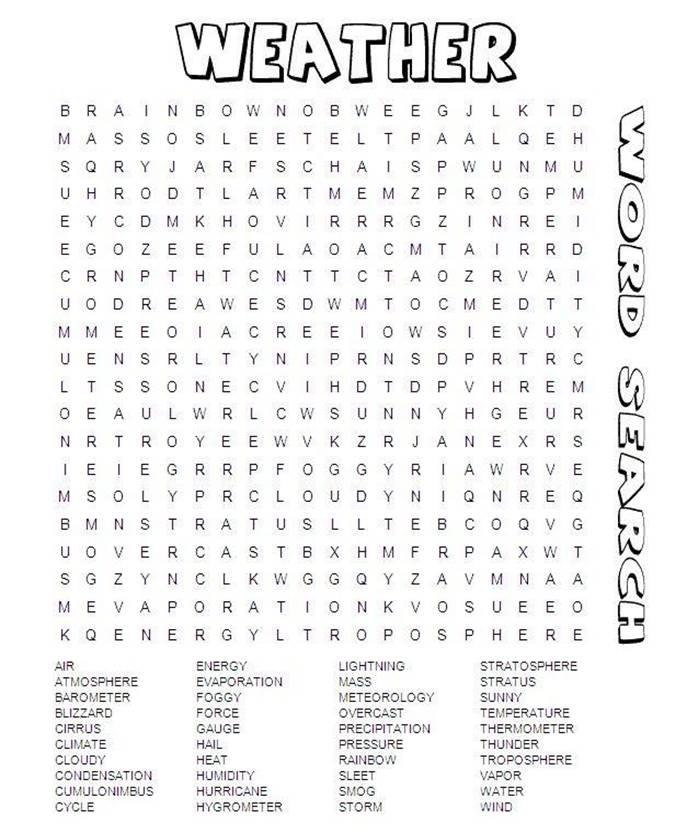
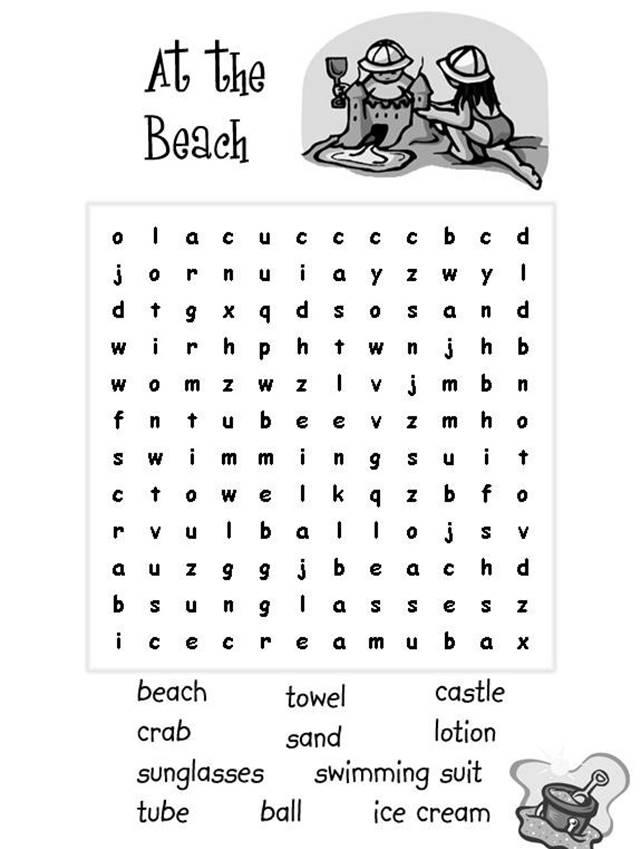
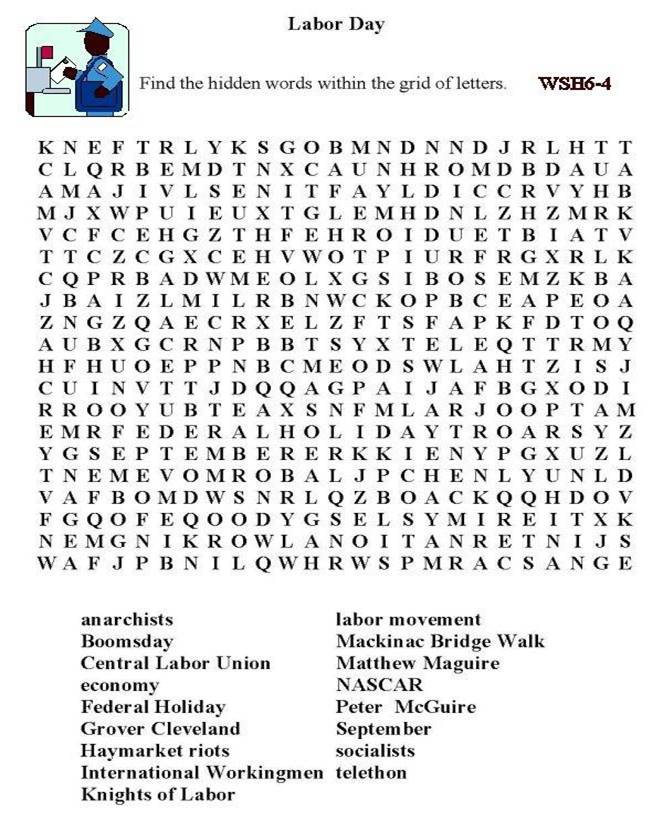
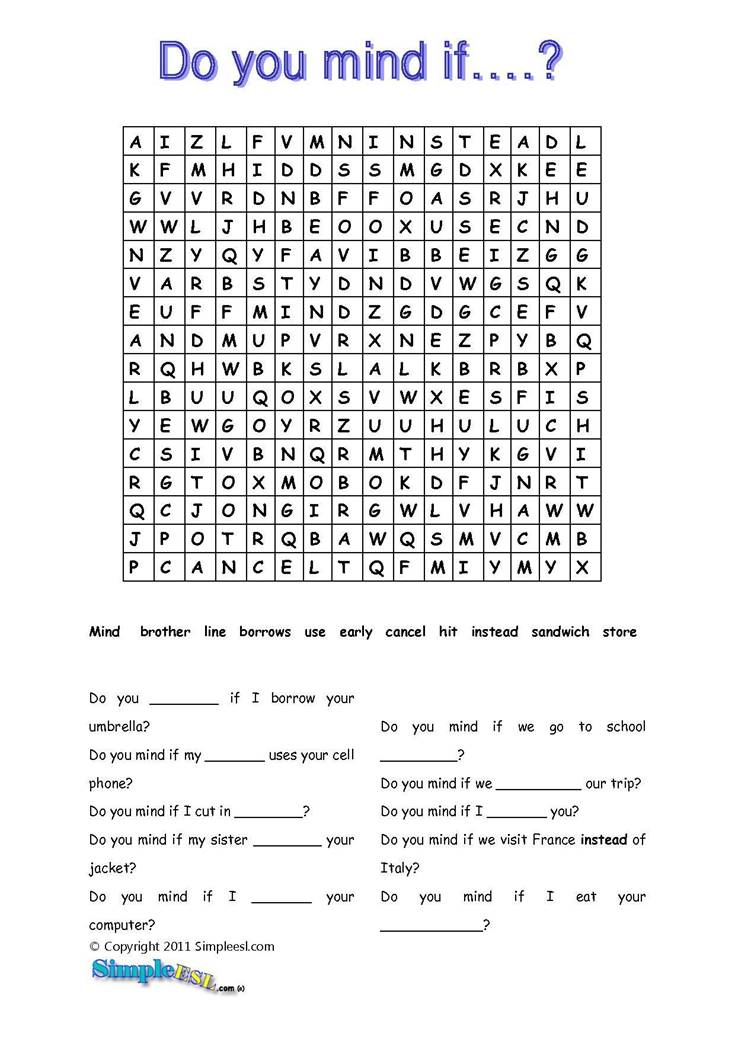
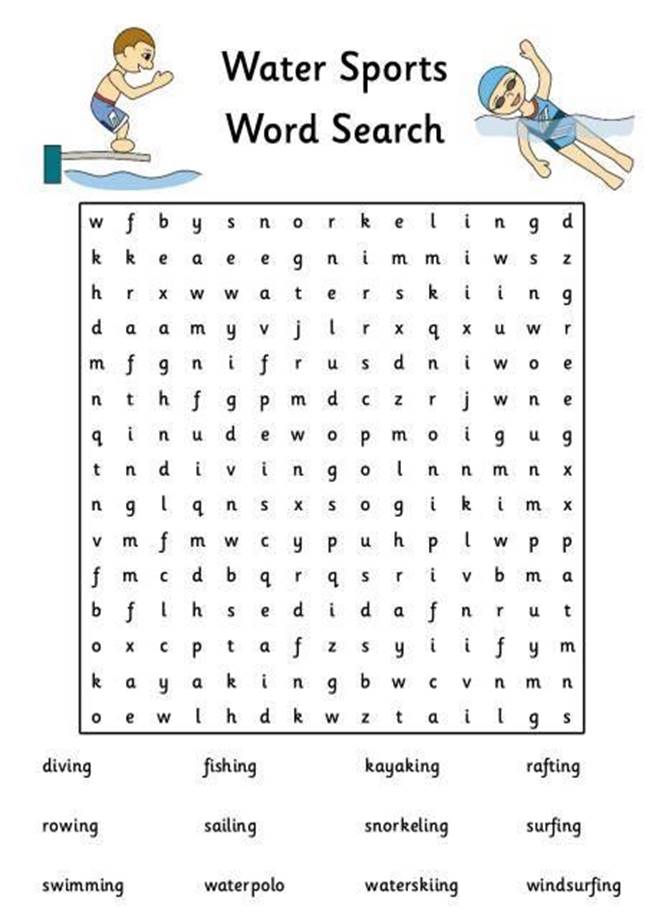
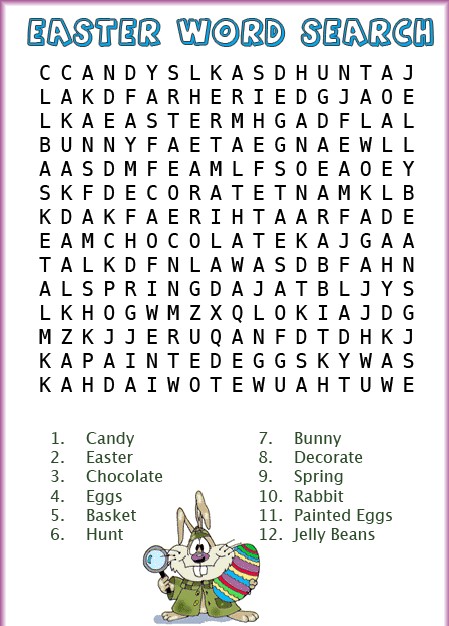
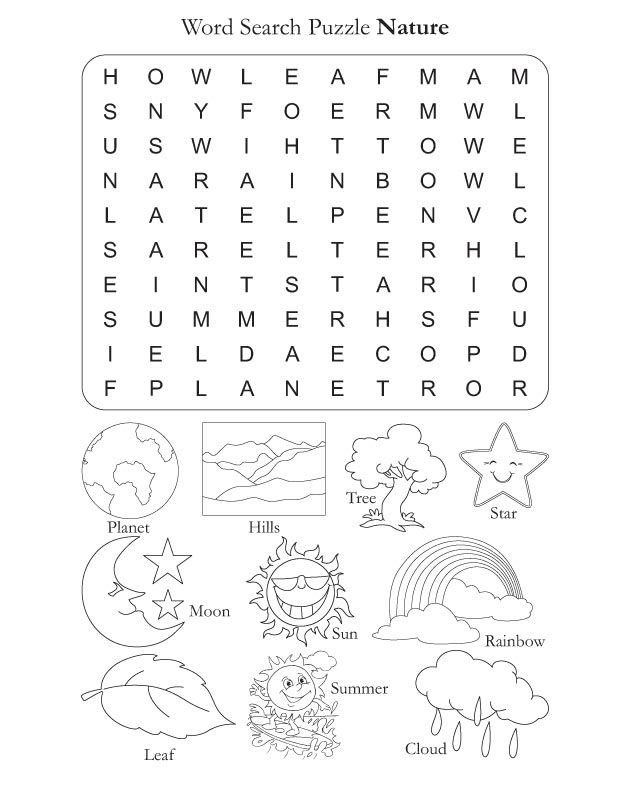
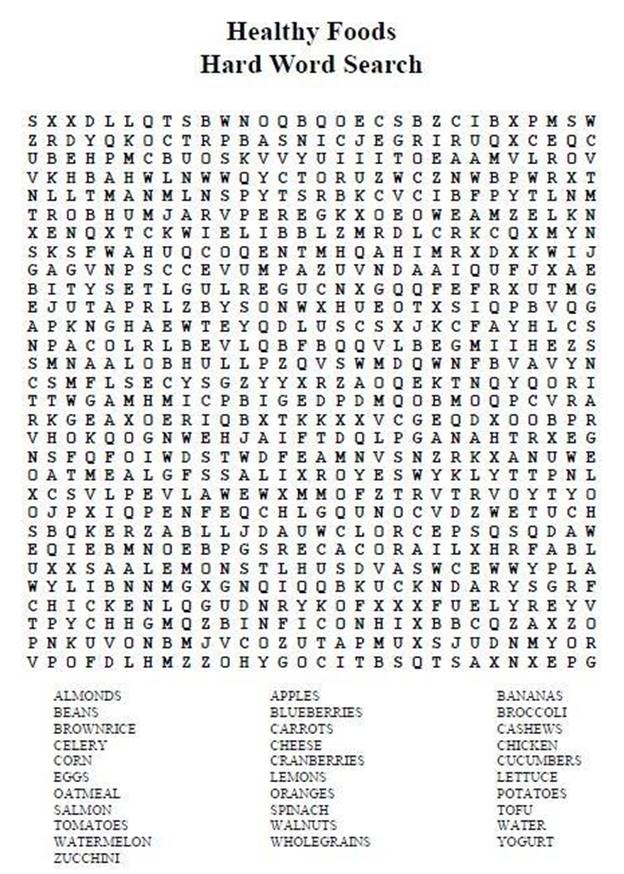
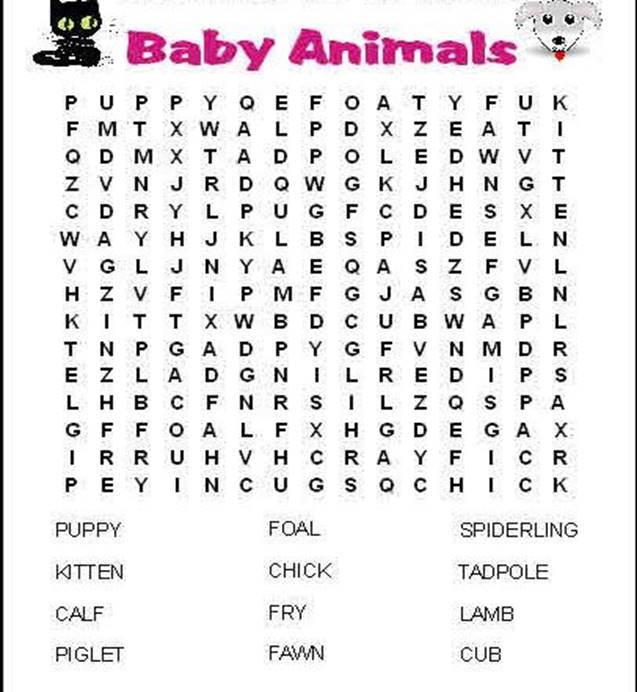
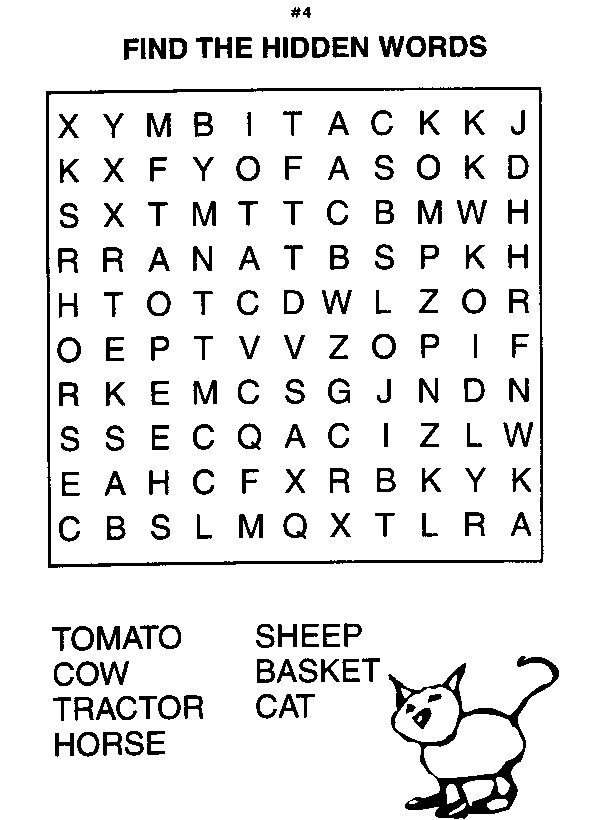
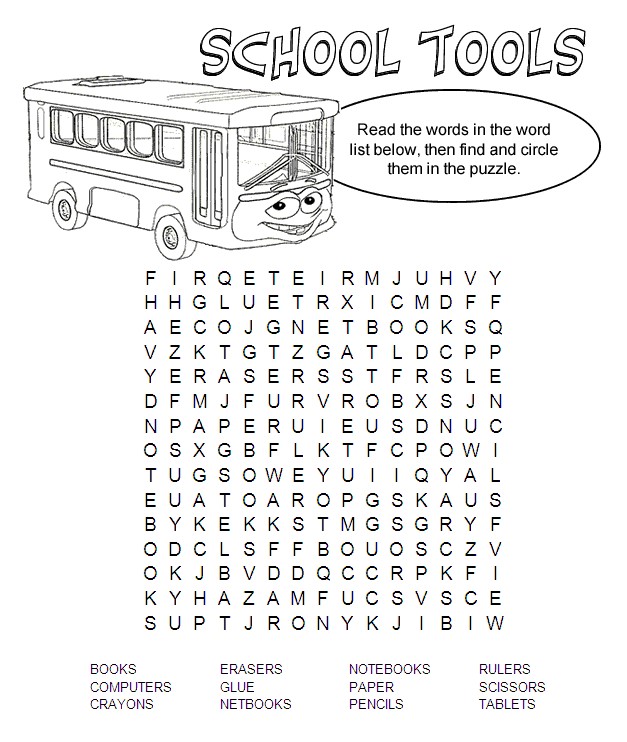
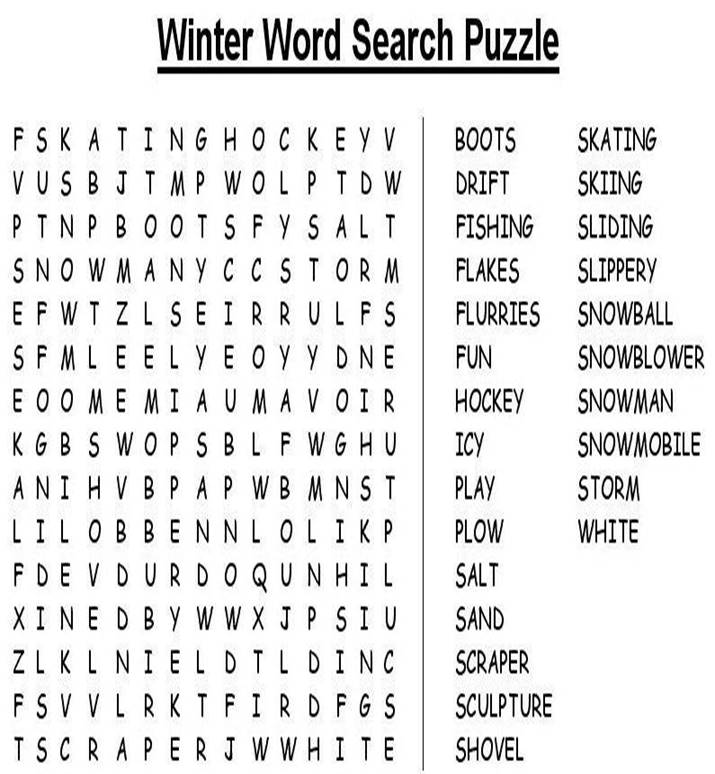
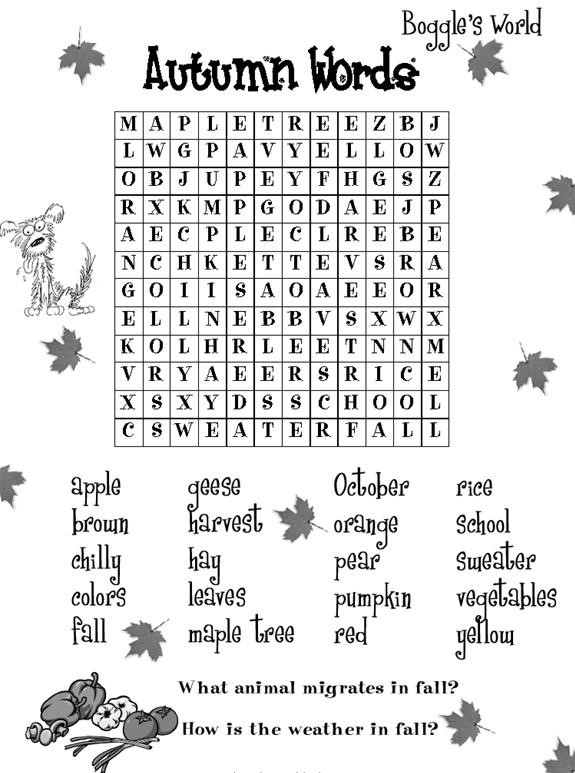
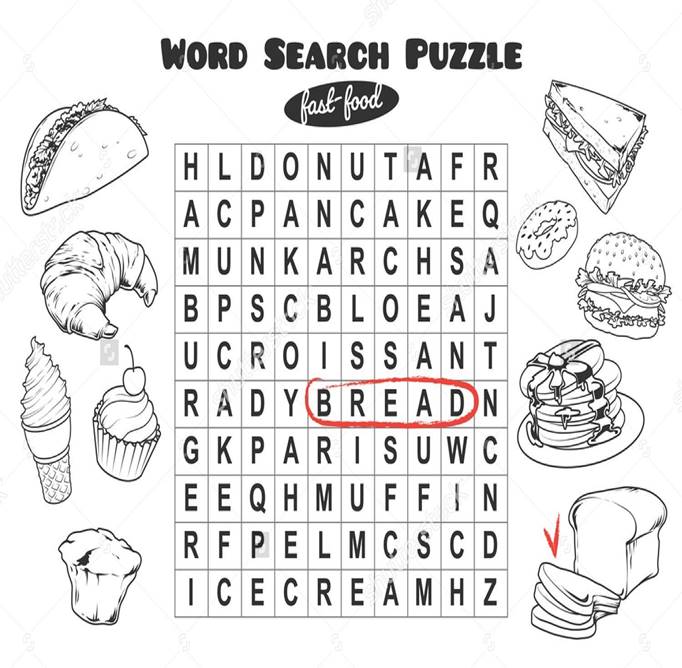
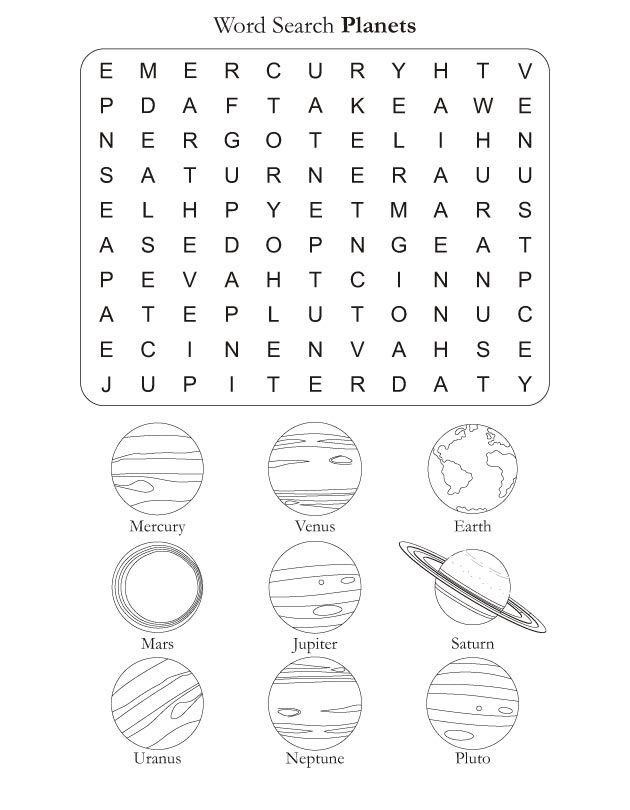
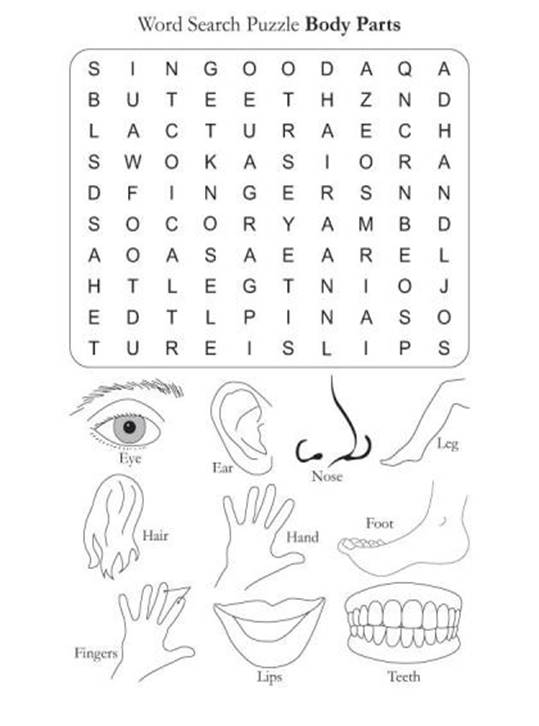
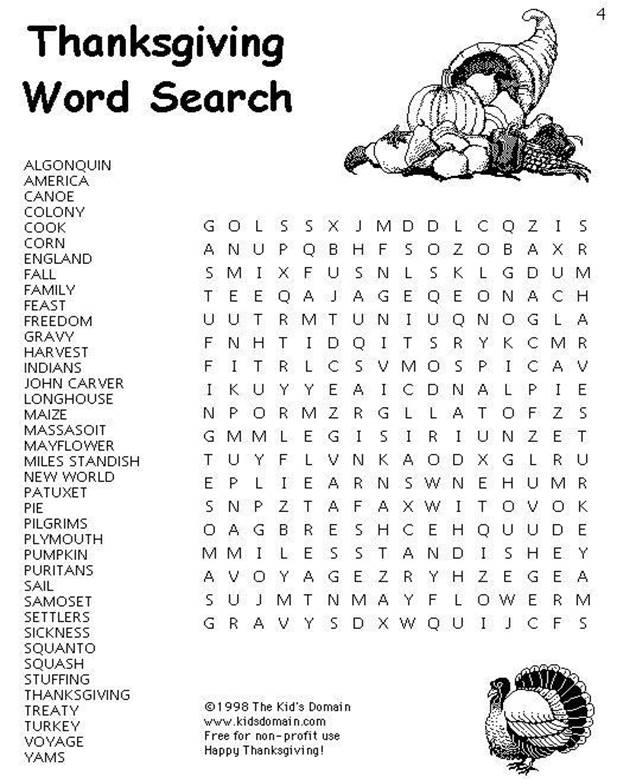
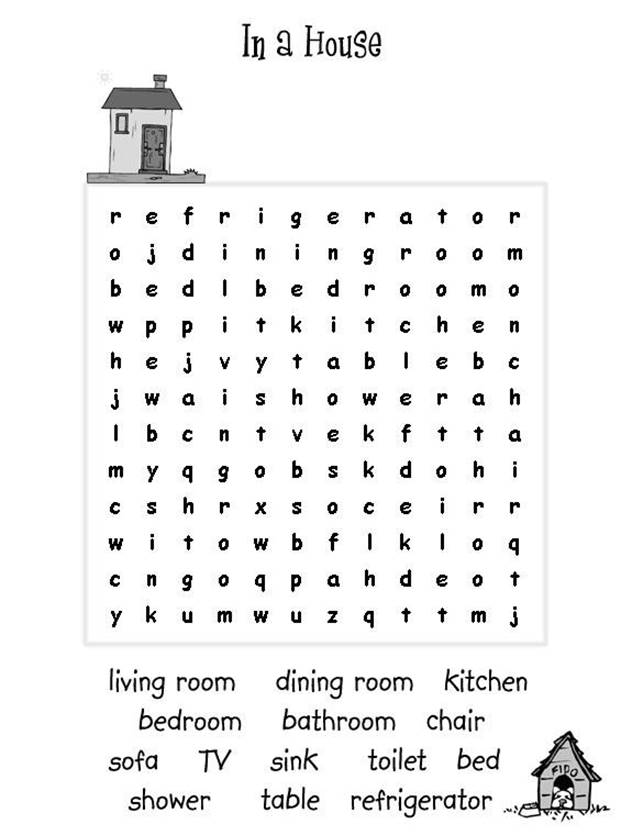

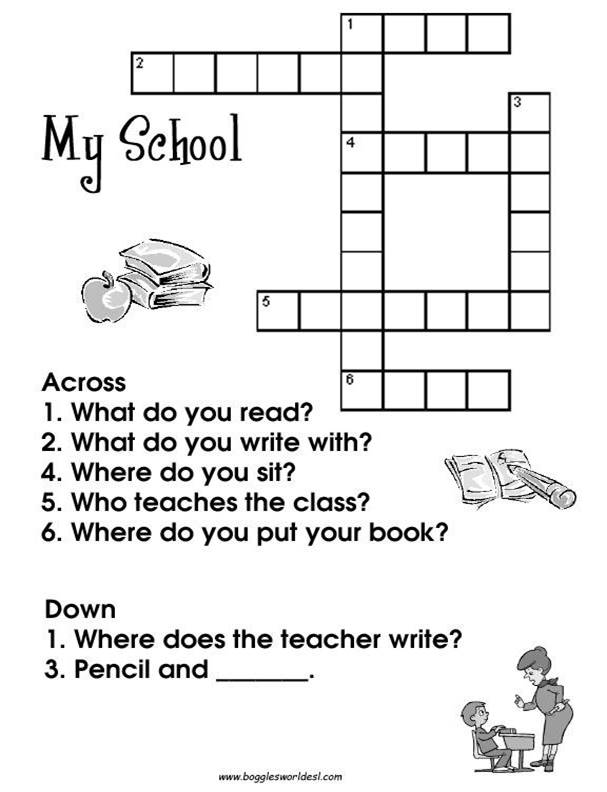
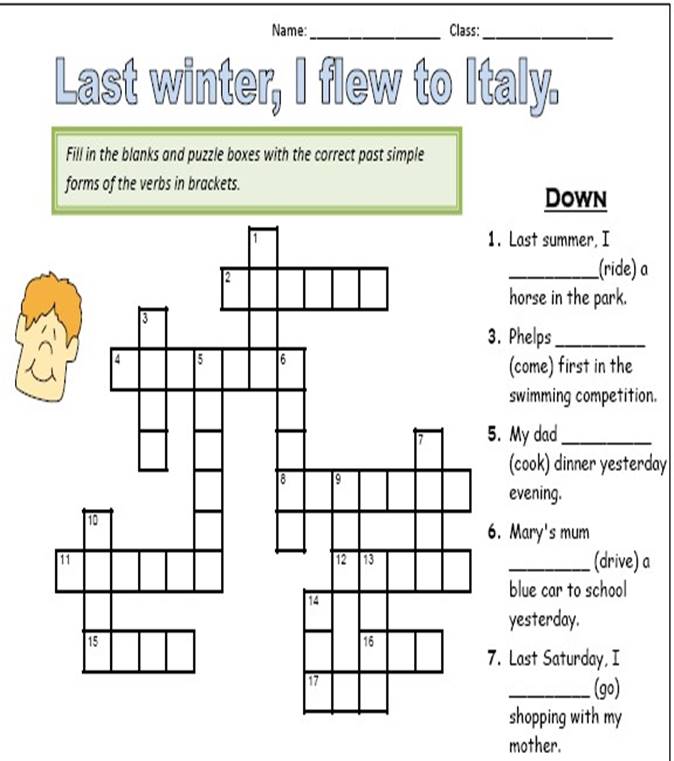
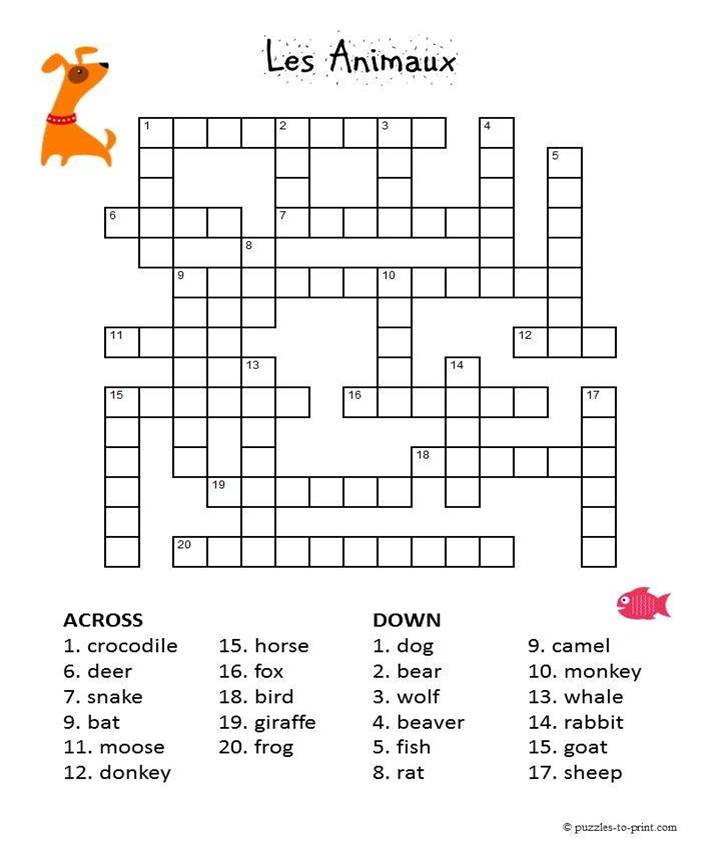
ФОЙДАЛАНИЛГАН АДАБИЁТЛАР
1. L.S Yampolskiy “ Uchebnik angliyskogo yazika ” . Moskva, 1988
2. L.Ivanova. “Uchebnik angliyskogo yazika ”. Toshkent, 1991
3. А.Bonk. “ Uchebnik angliyskogo yazika ” Toshkent, 1997
4. R.Мurphy. “ English Grammar in USE”. Cambridge, 2004
5. E.N Zvereva.”Brush up your grammer” 1985
6) L.N Andrianova.” Angliyskiy yazik” Moskva, 1990
7) Muxitdinova G. Sh “Texnika Oliy O’quv yurtlari uchun Ingliz tili darsligi”
Toshkent, 1992
8) Marten Sevionyr. “Word Wise” Toshkent, 1997
9) Abdalina G.A “ Uchebnik angliyskogo yazika dlya studentov neyazikovix vuzov ”
Toshkent, 1996
10) Noviskaya T.M “Prakticheskaya grammatika angliyskogo yazika” Moskva, 1983.
Материалы на данной страницы взяты из открытых источников либо размещены пользователем в соответствии с договором-офертой сайта. Вы можете сообщить о нарушении.